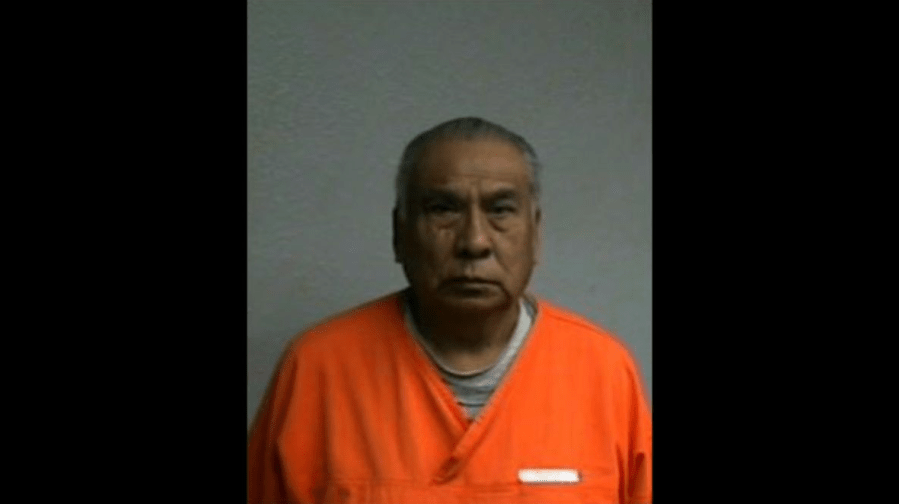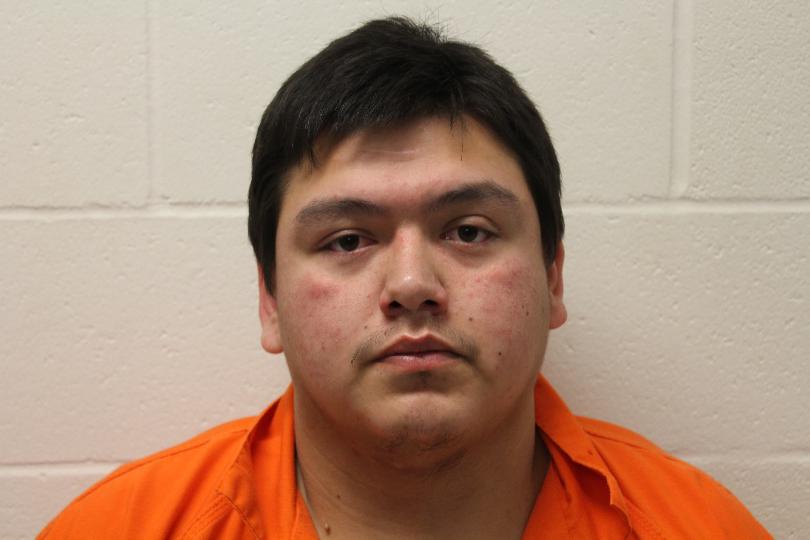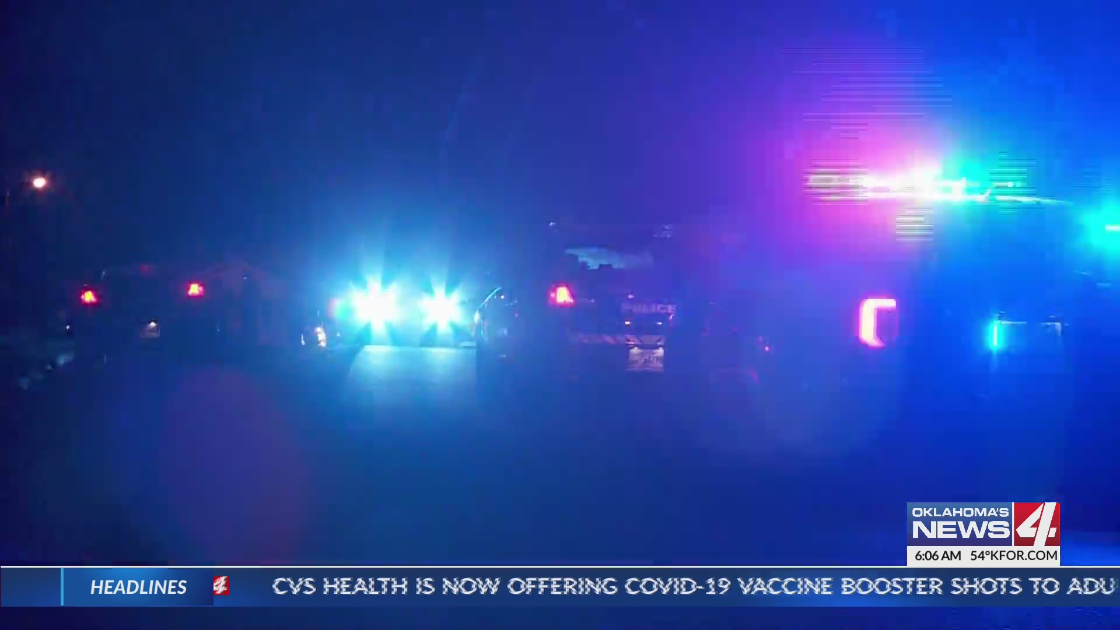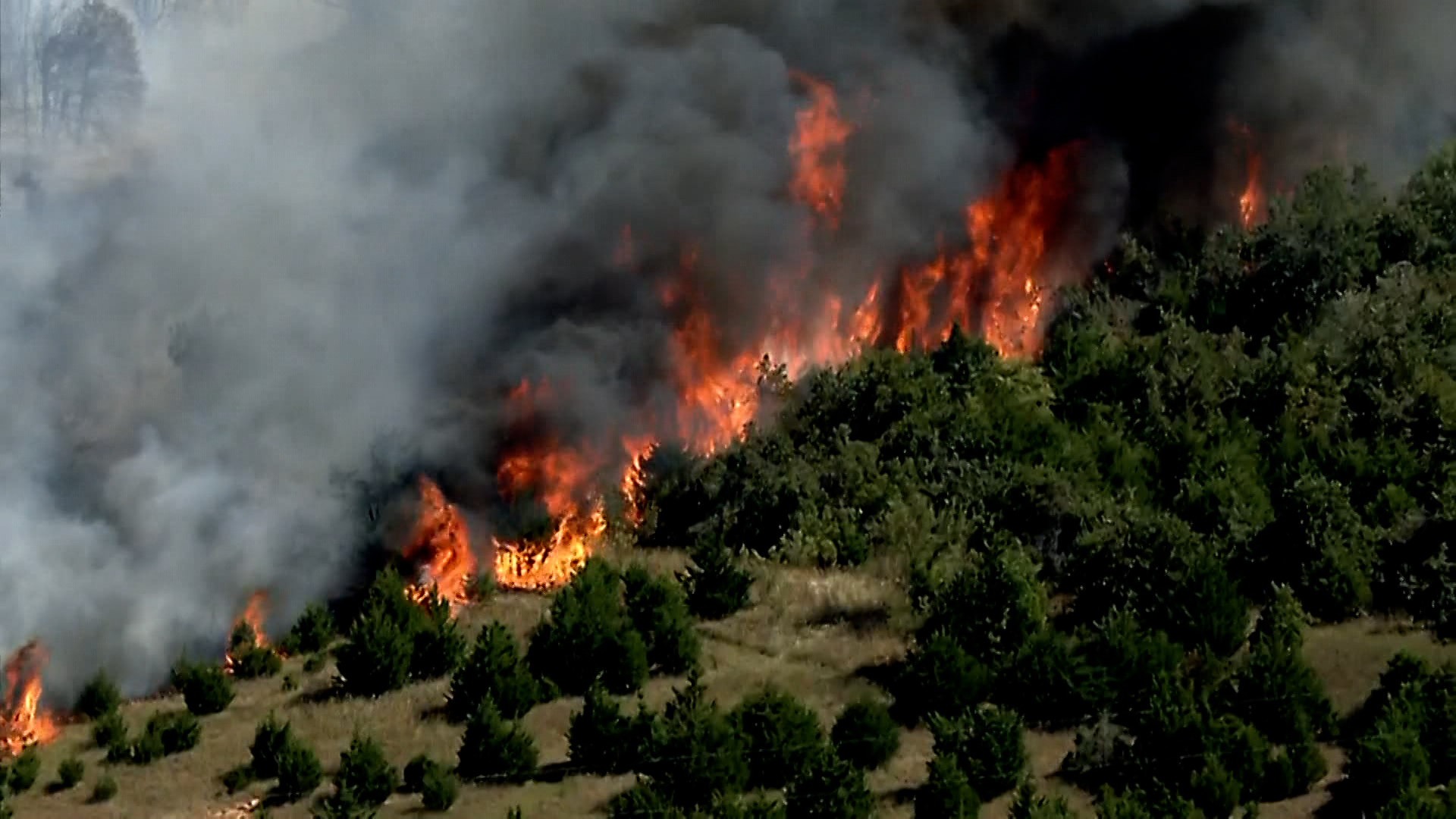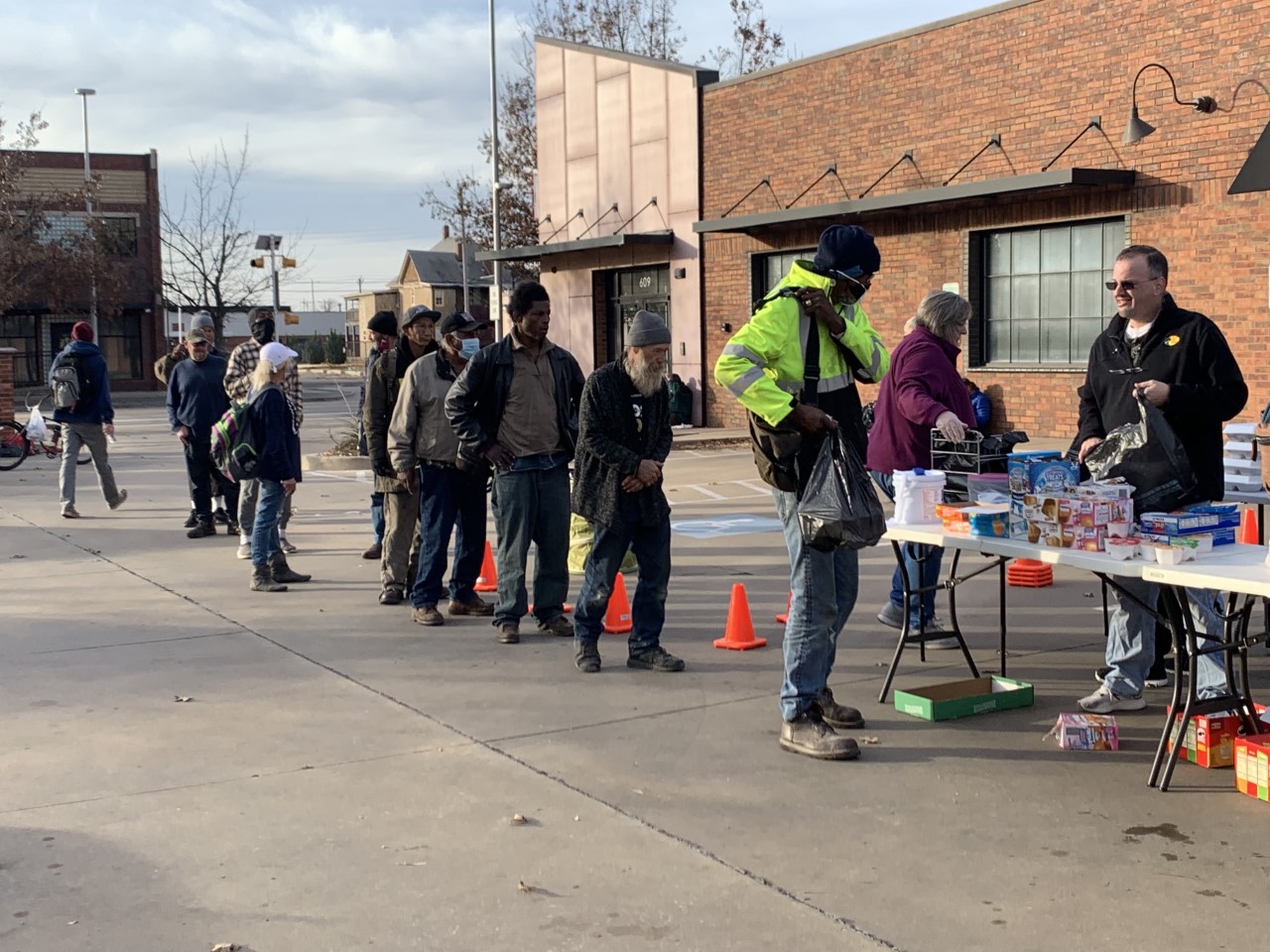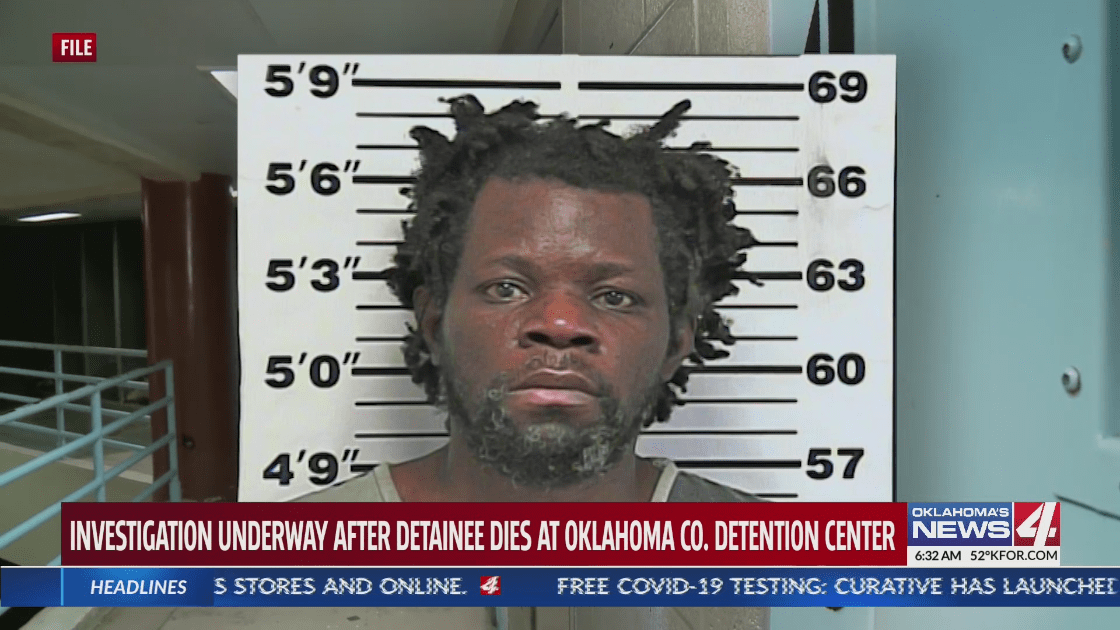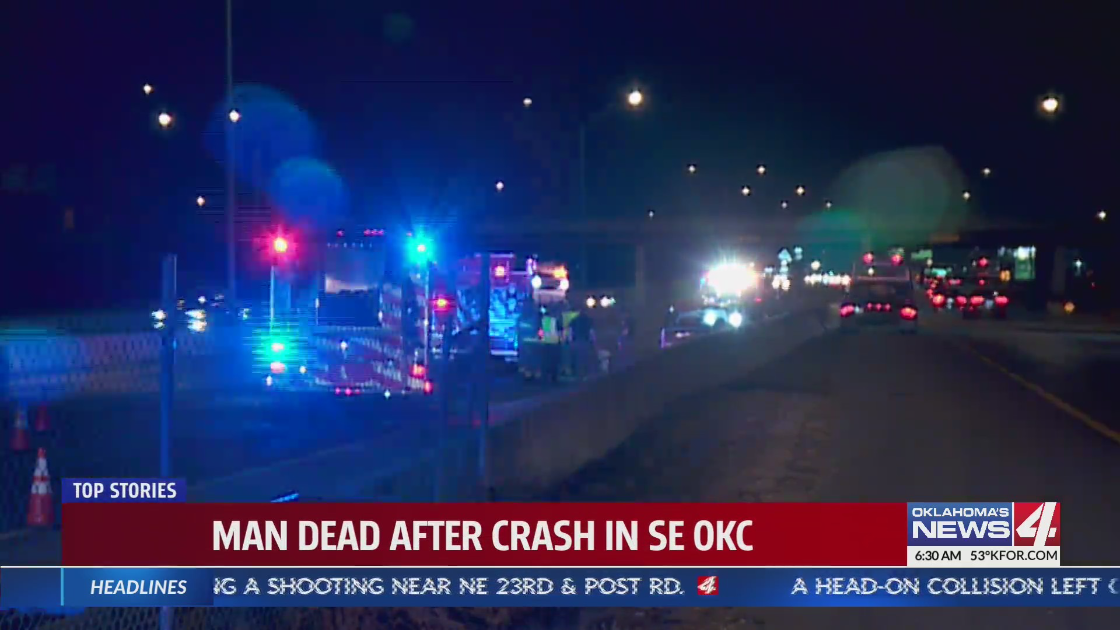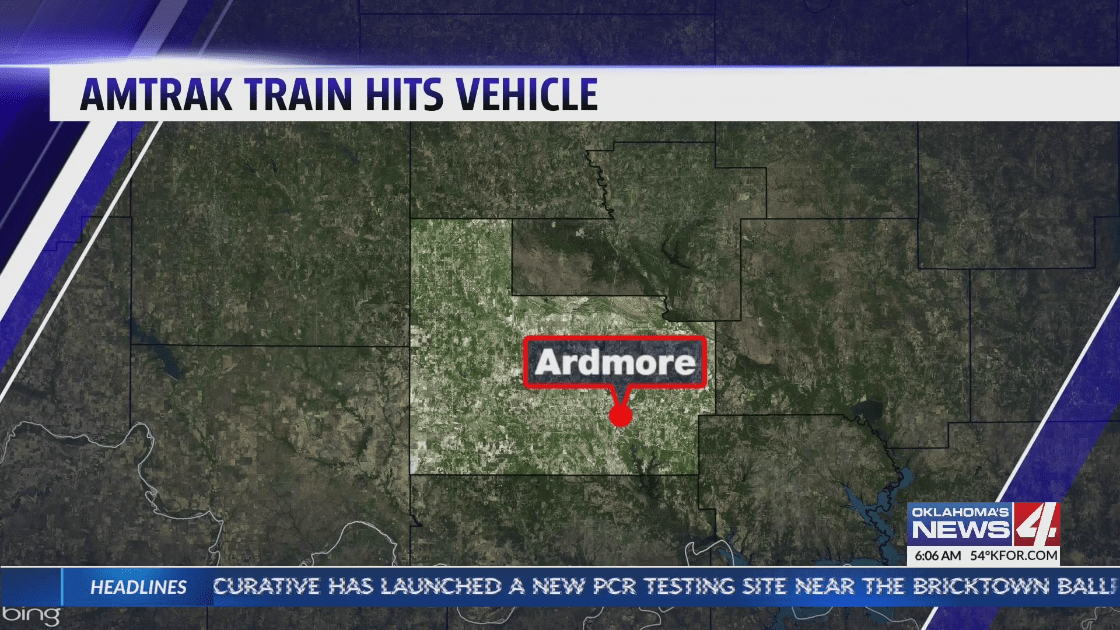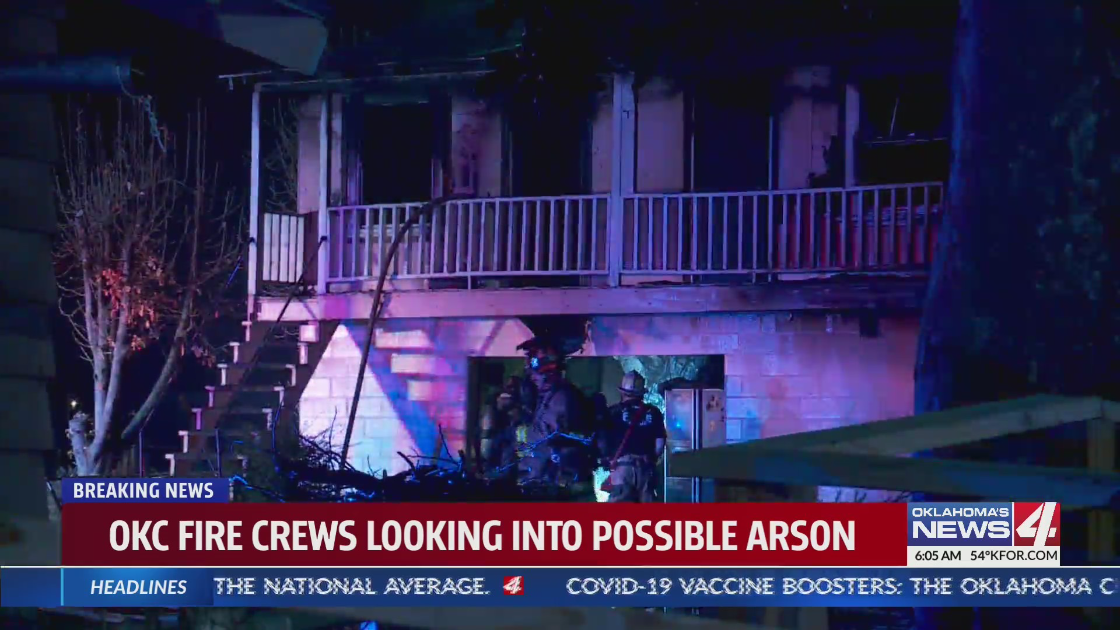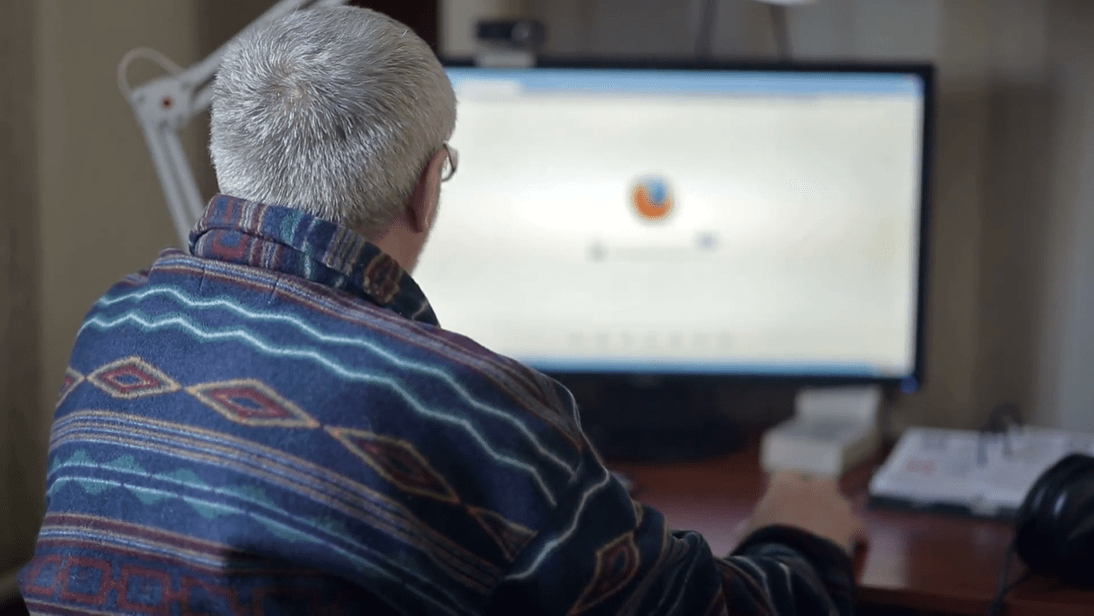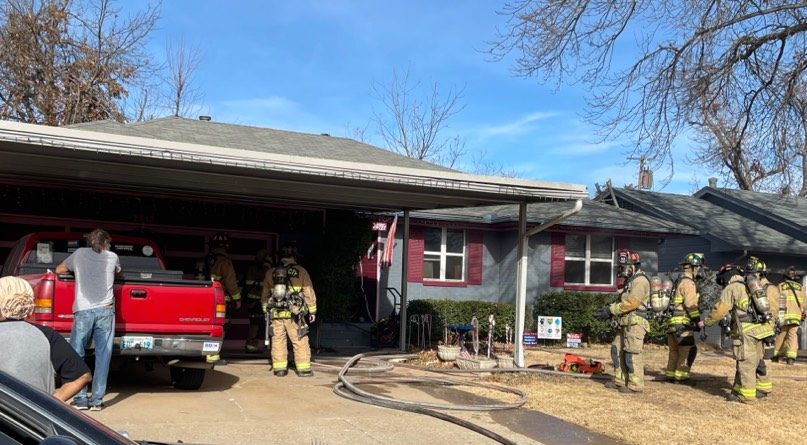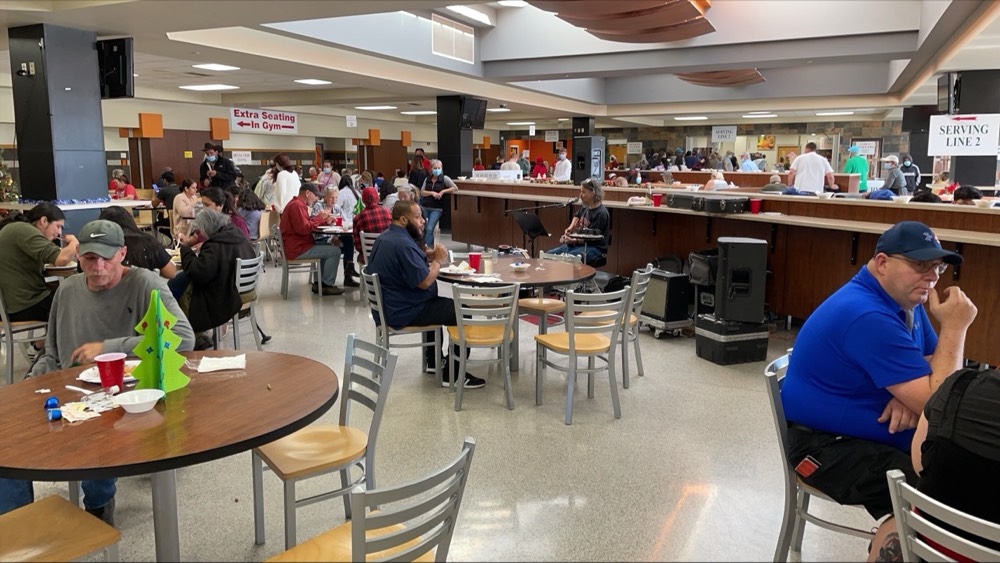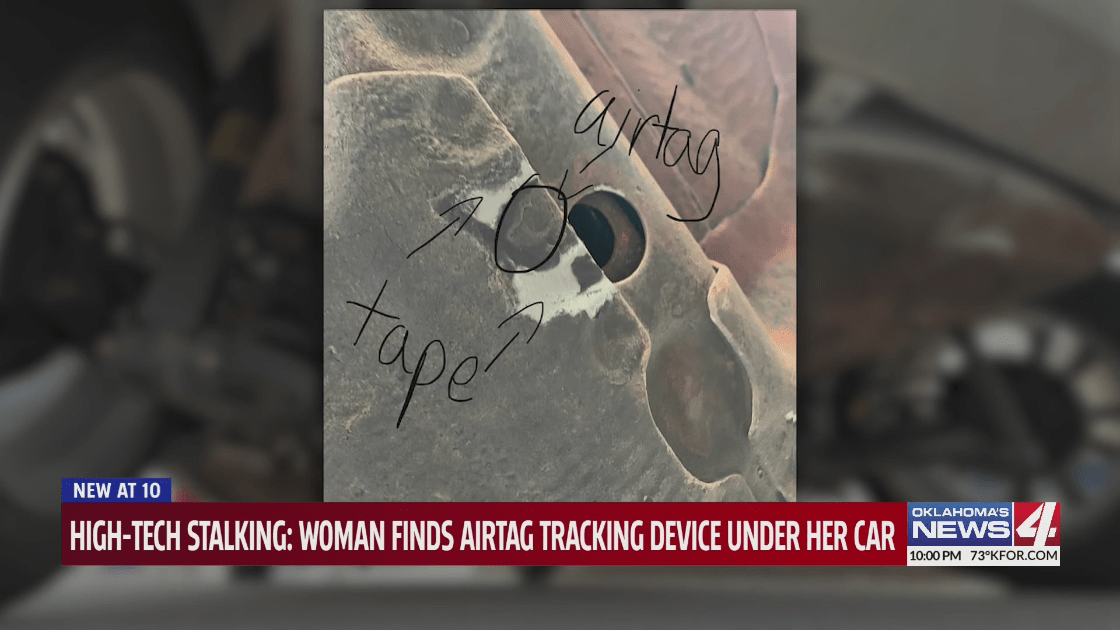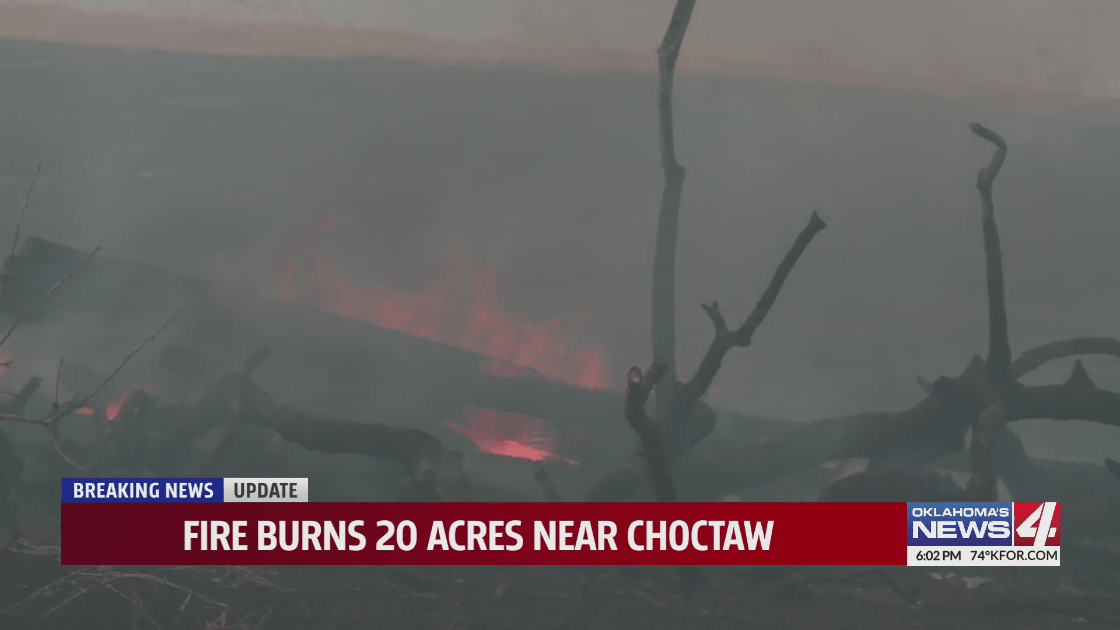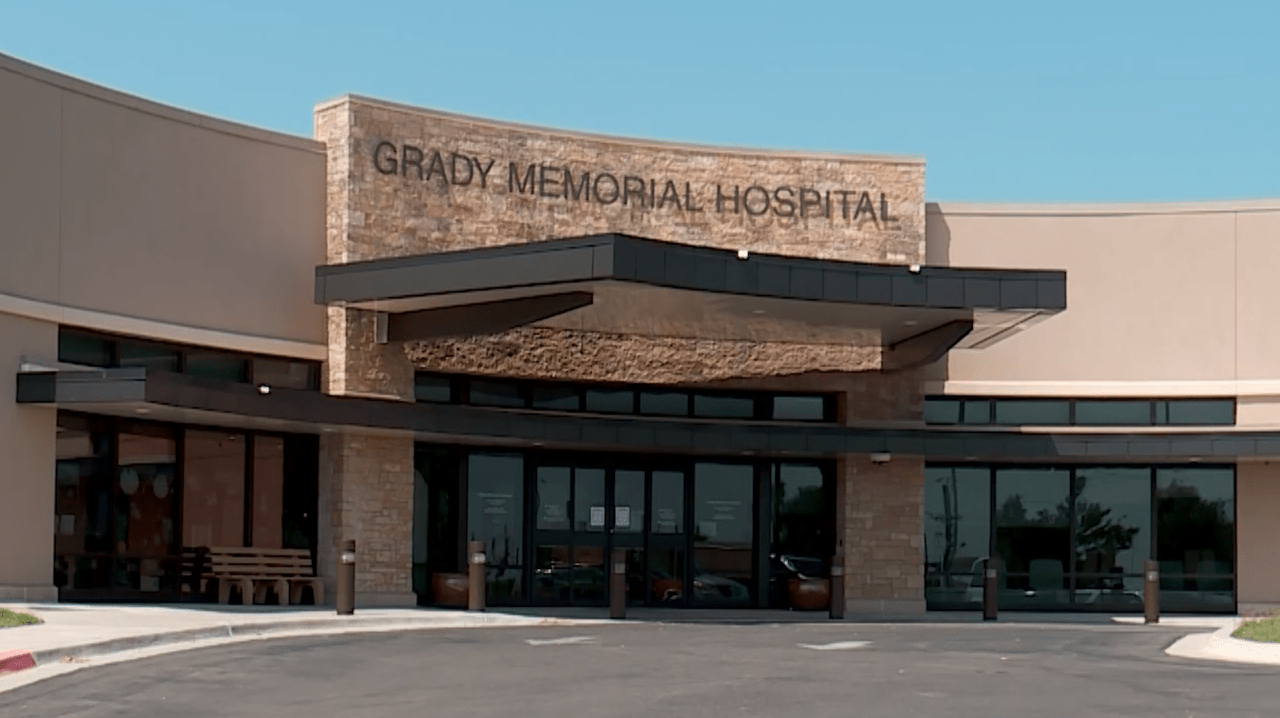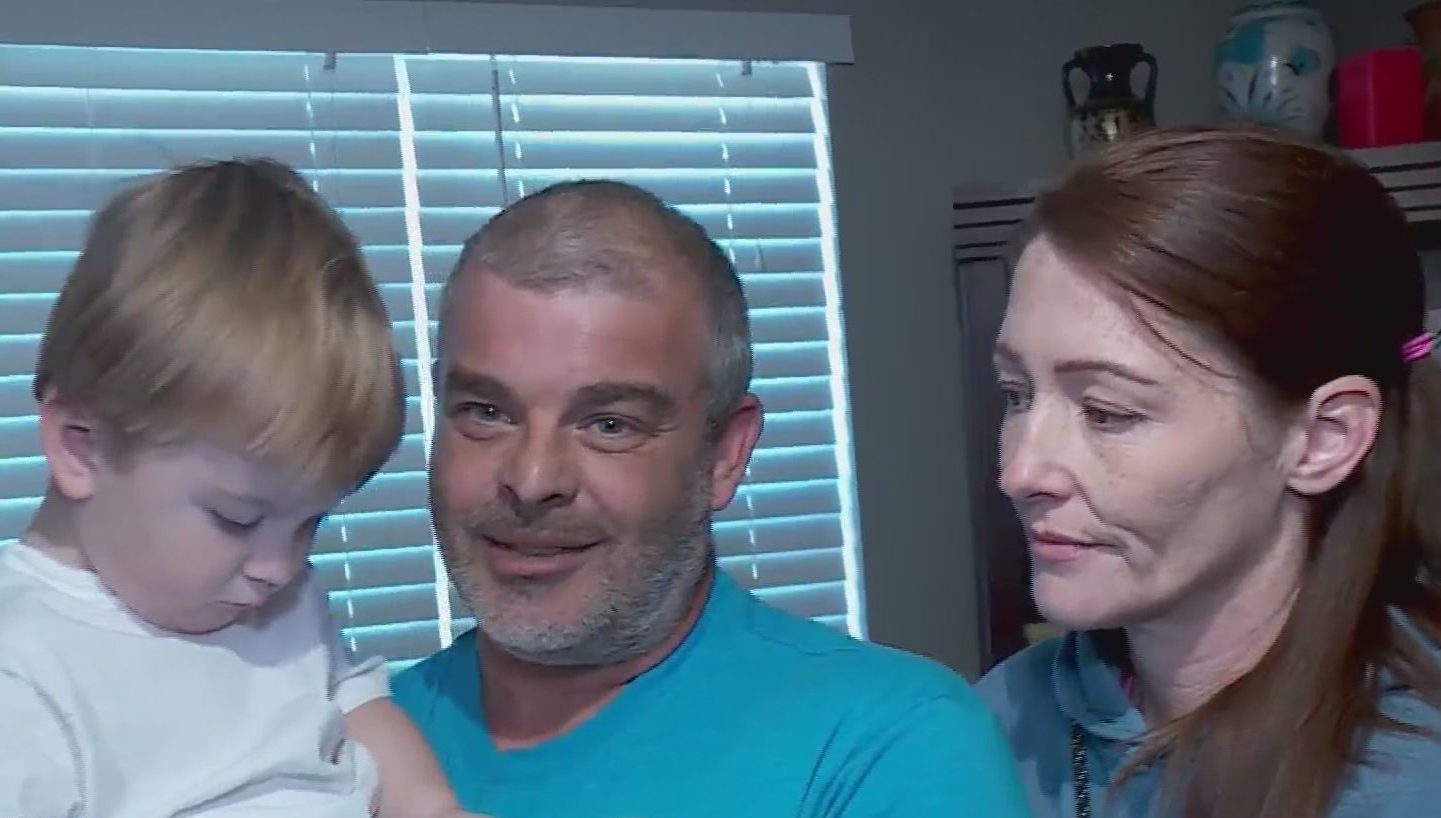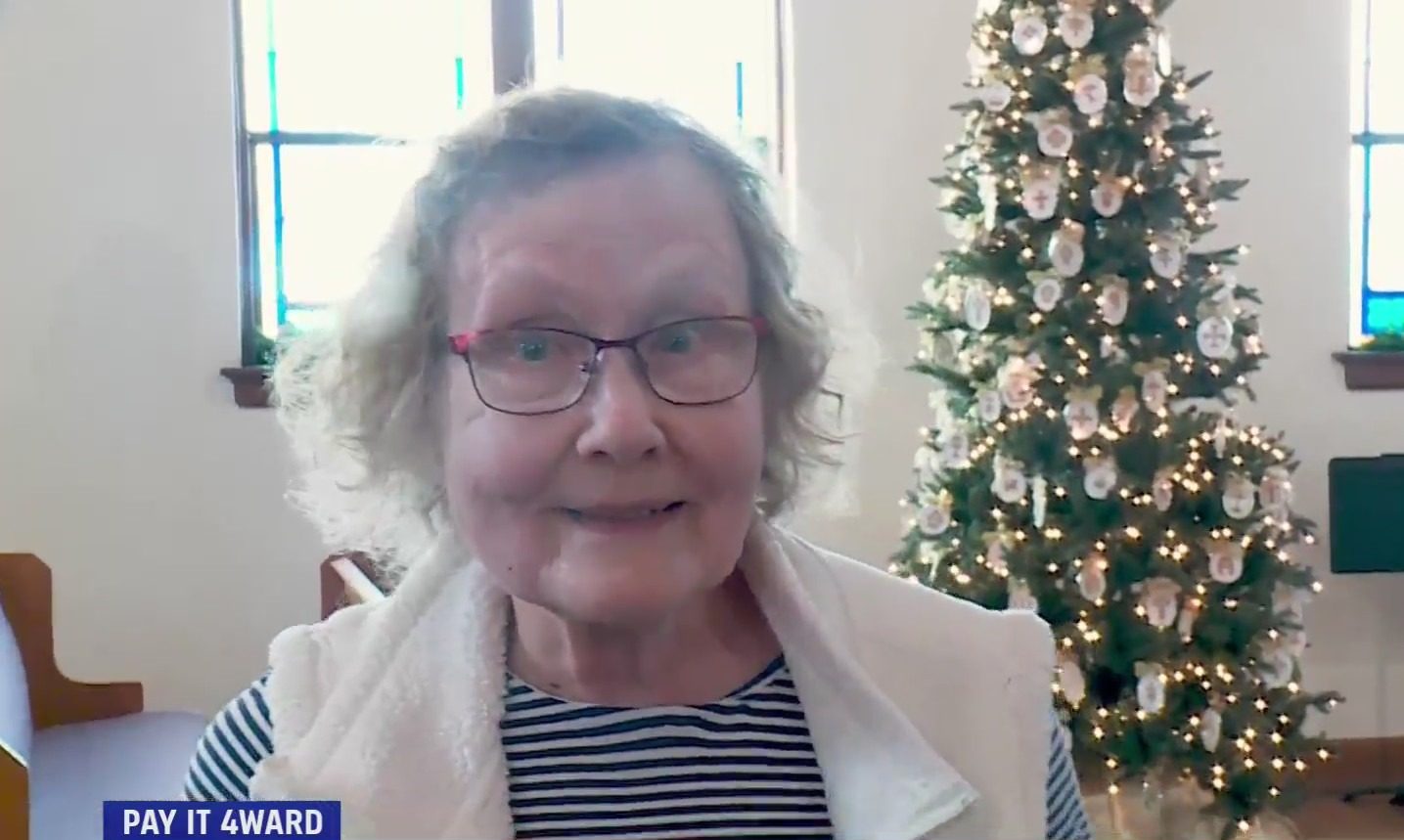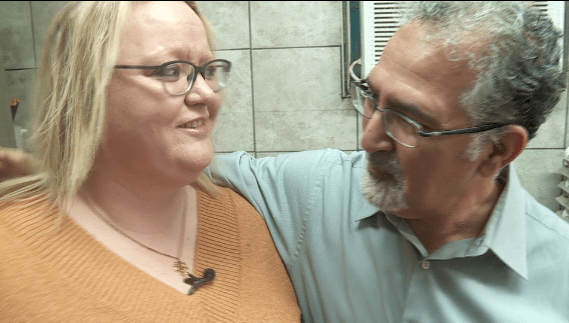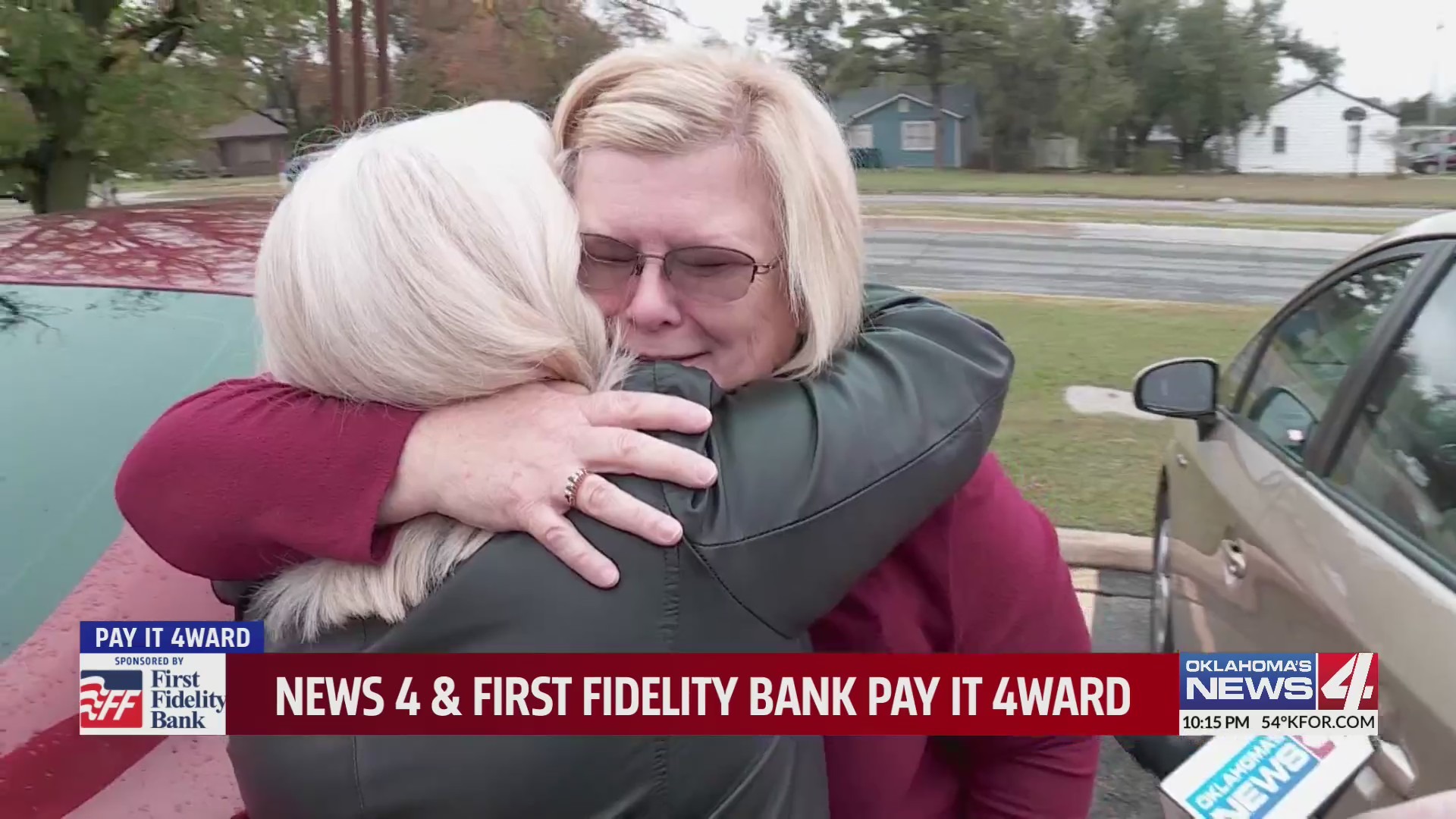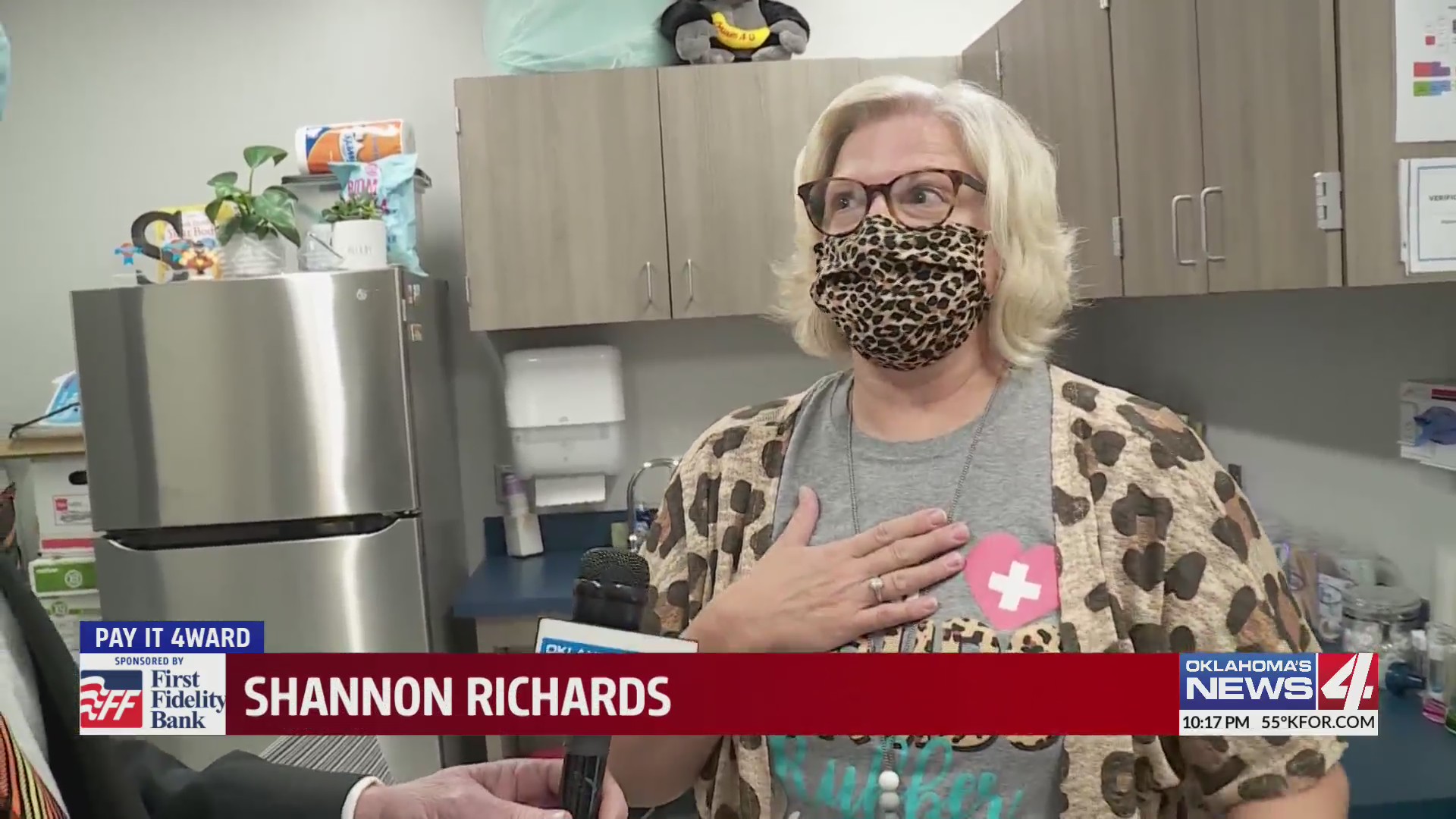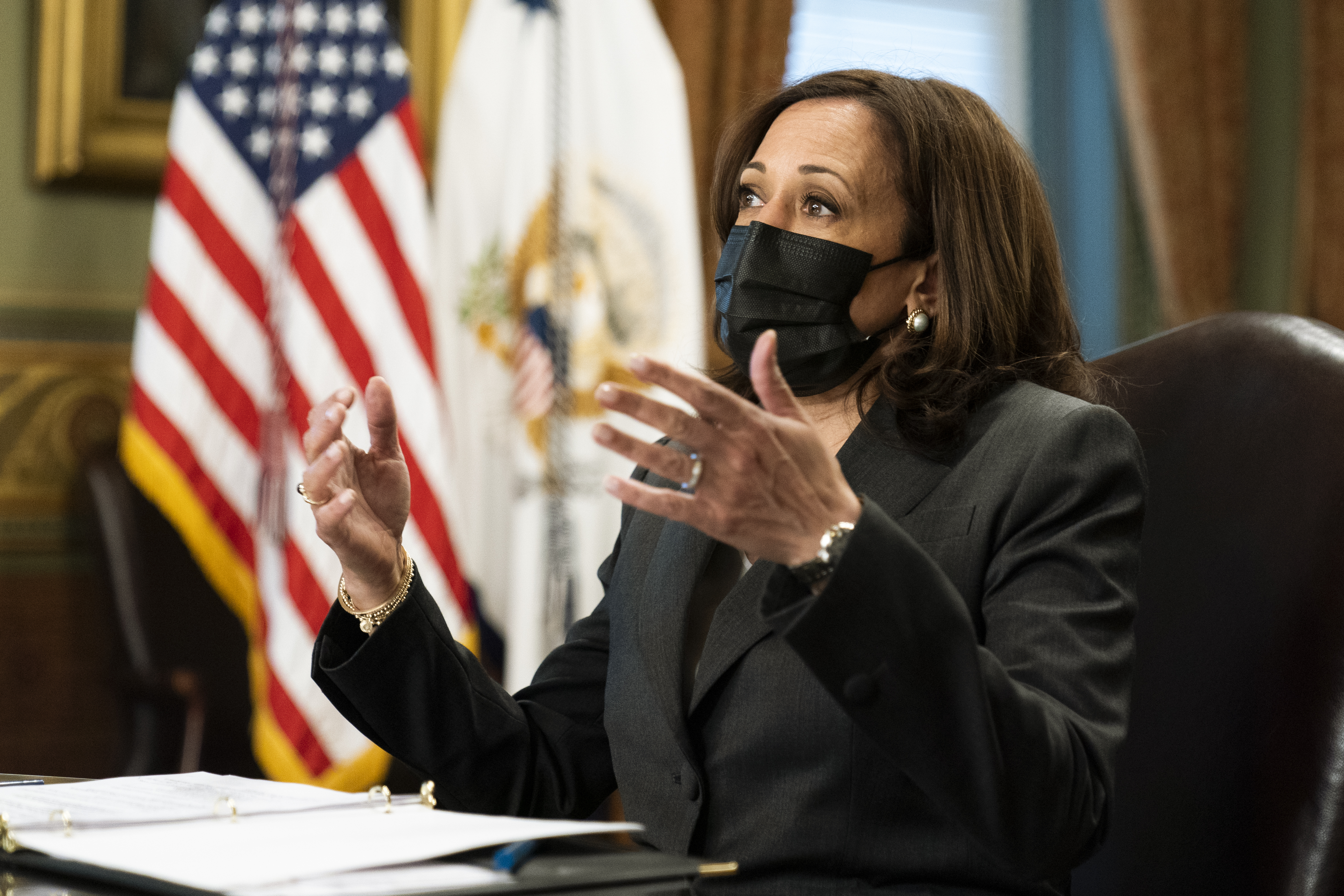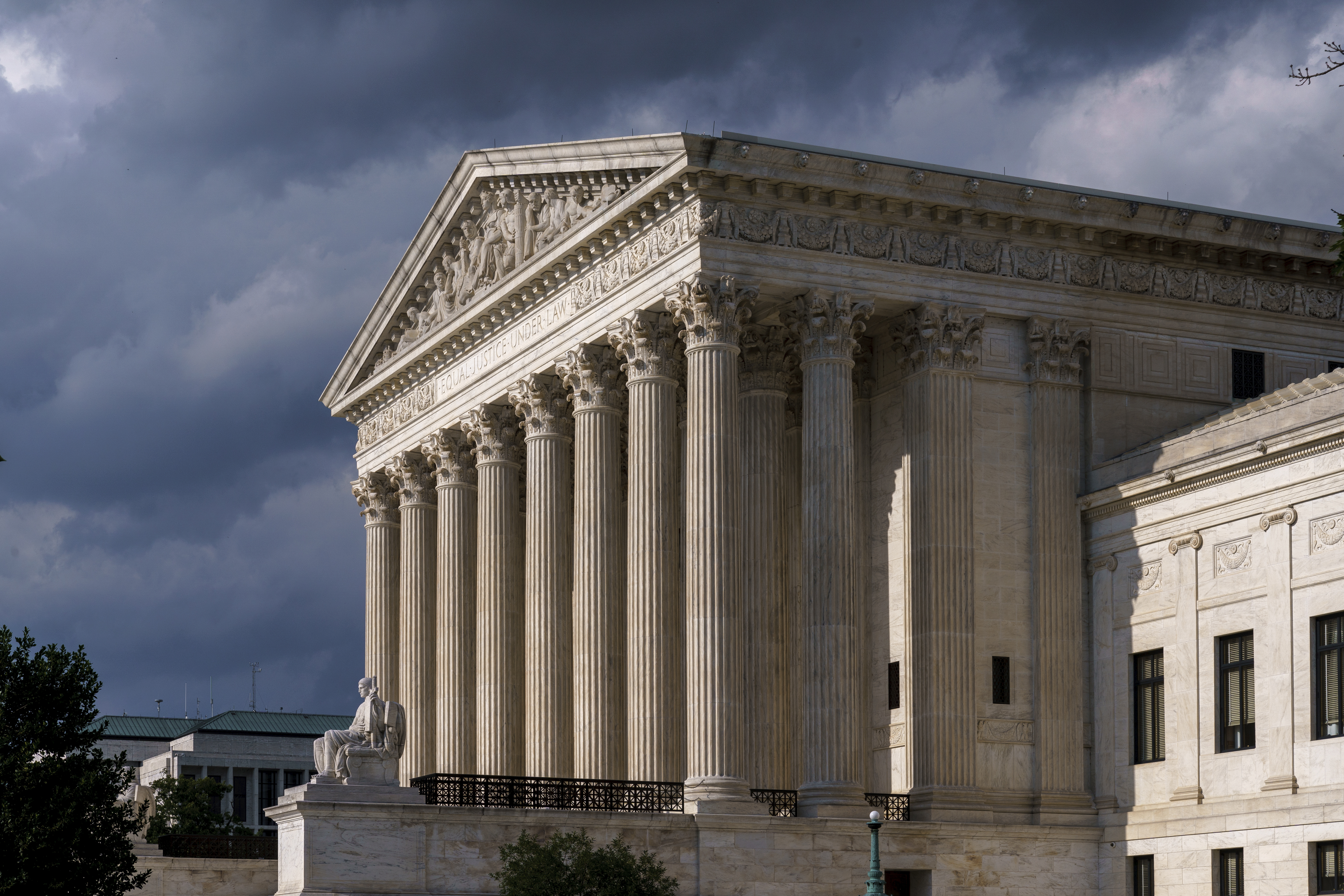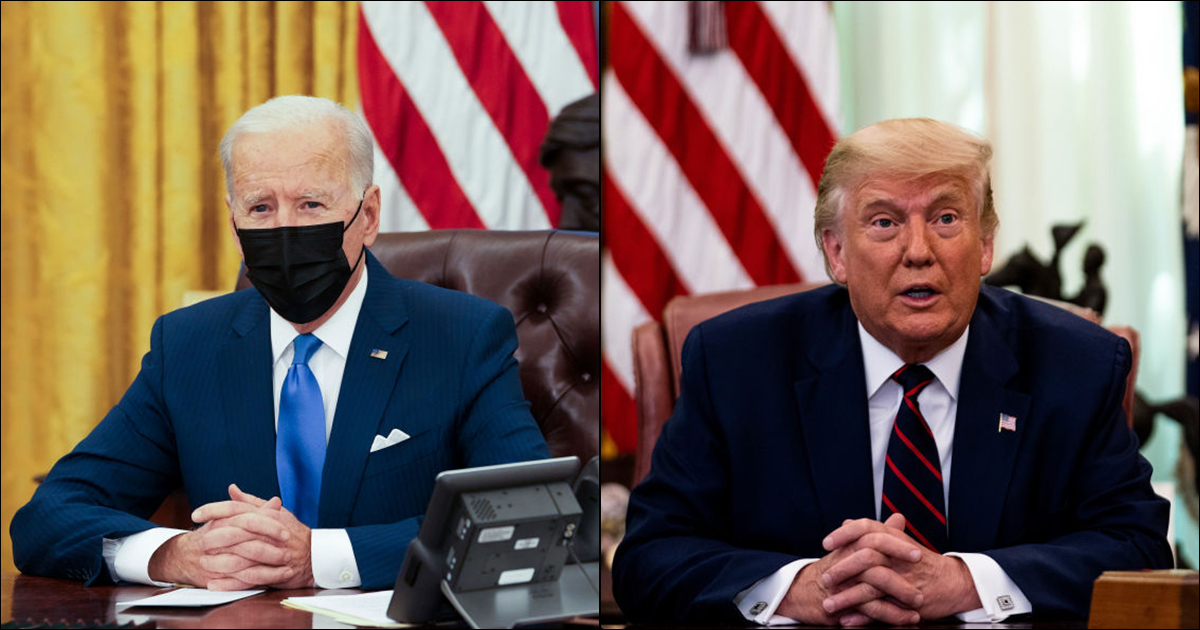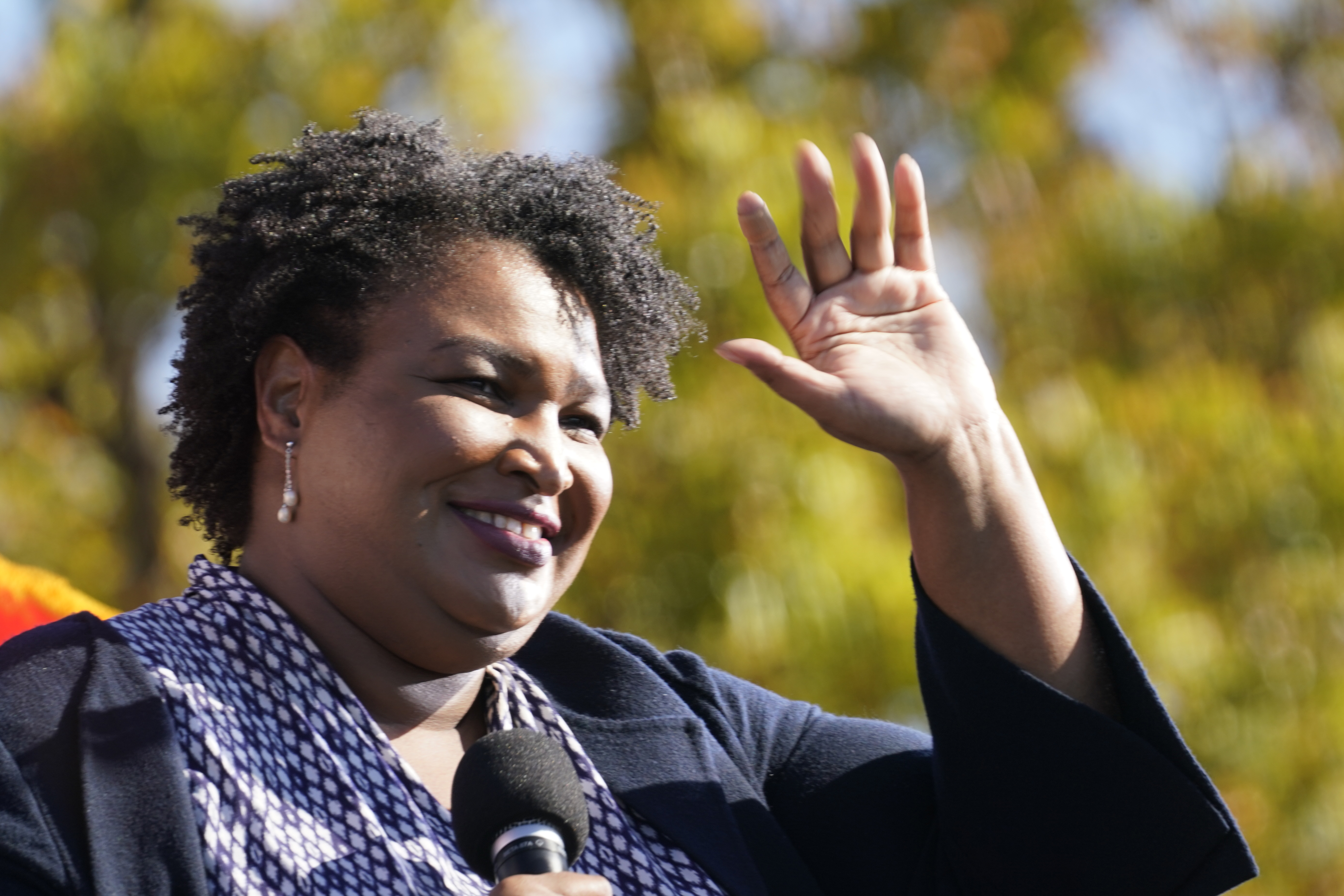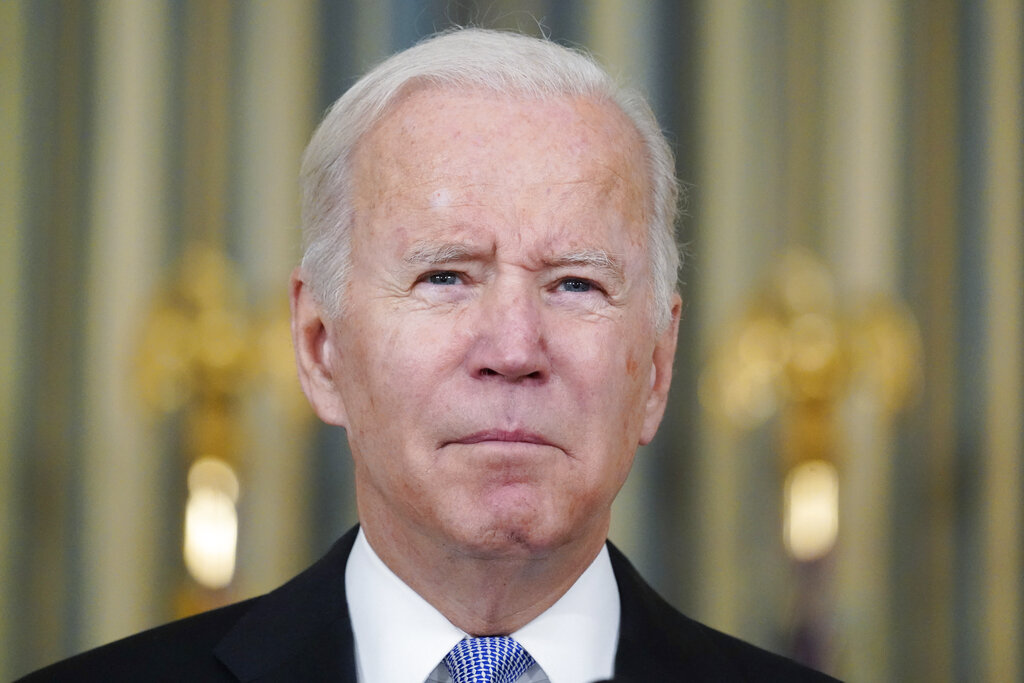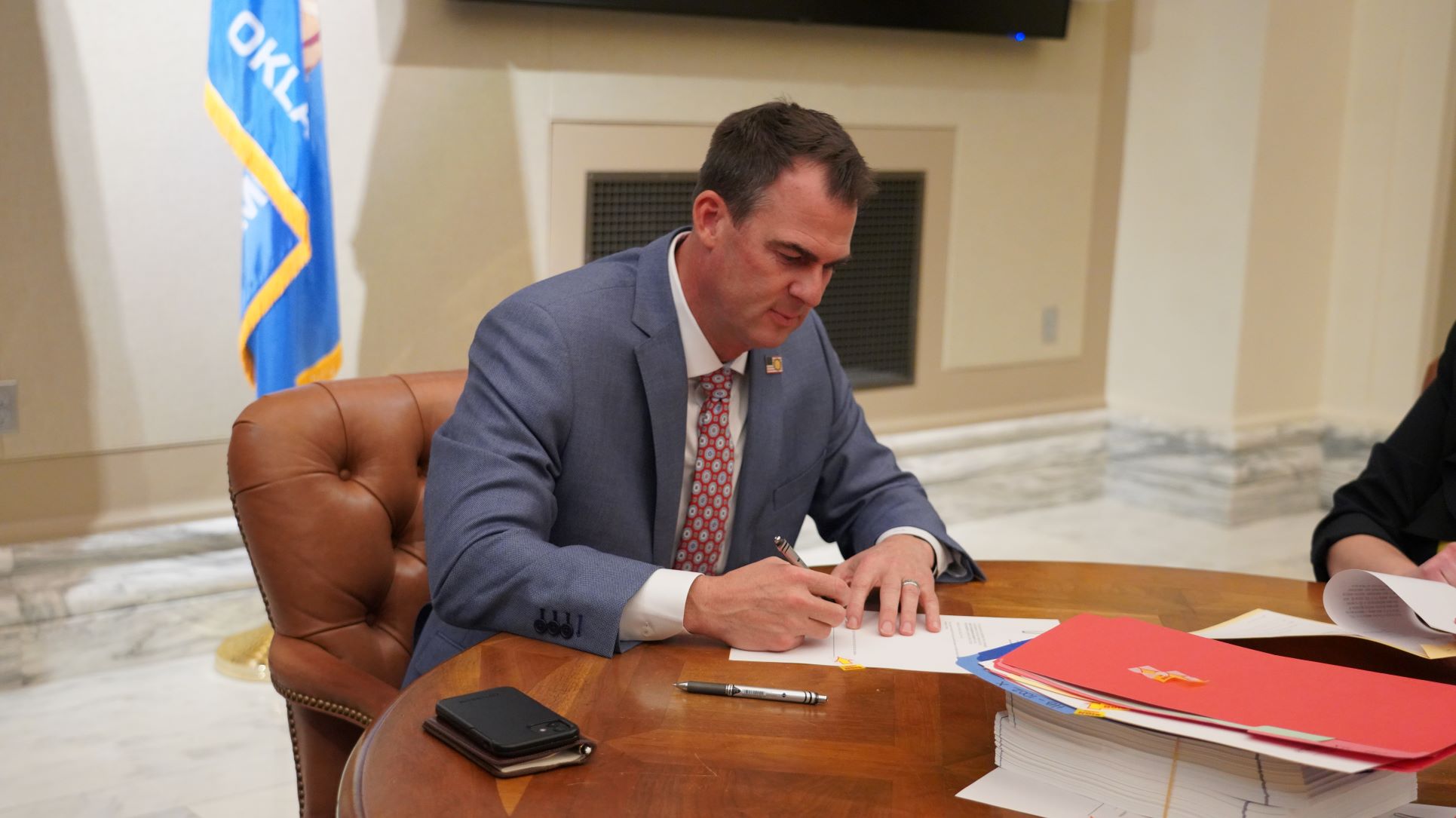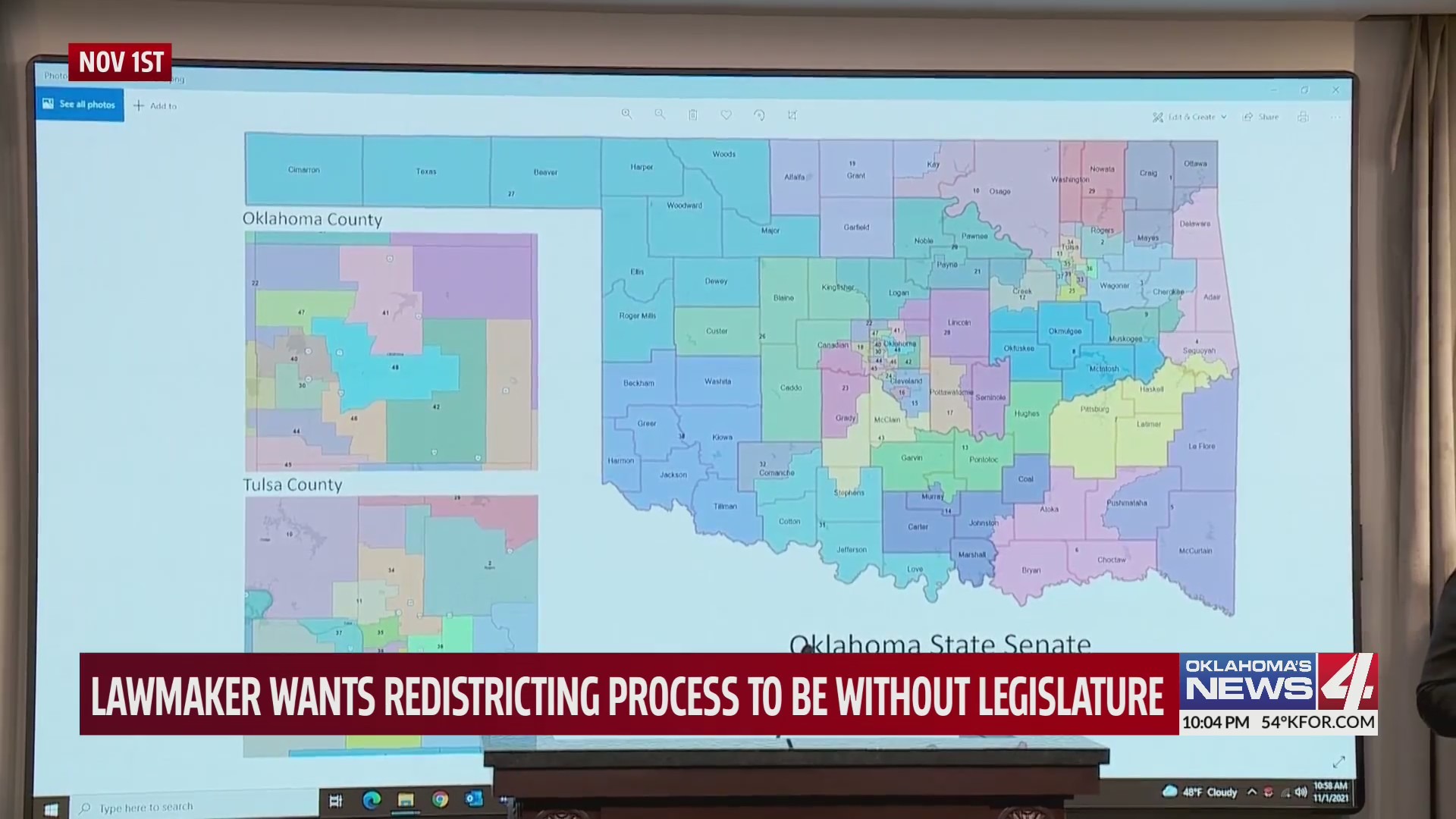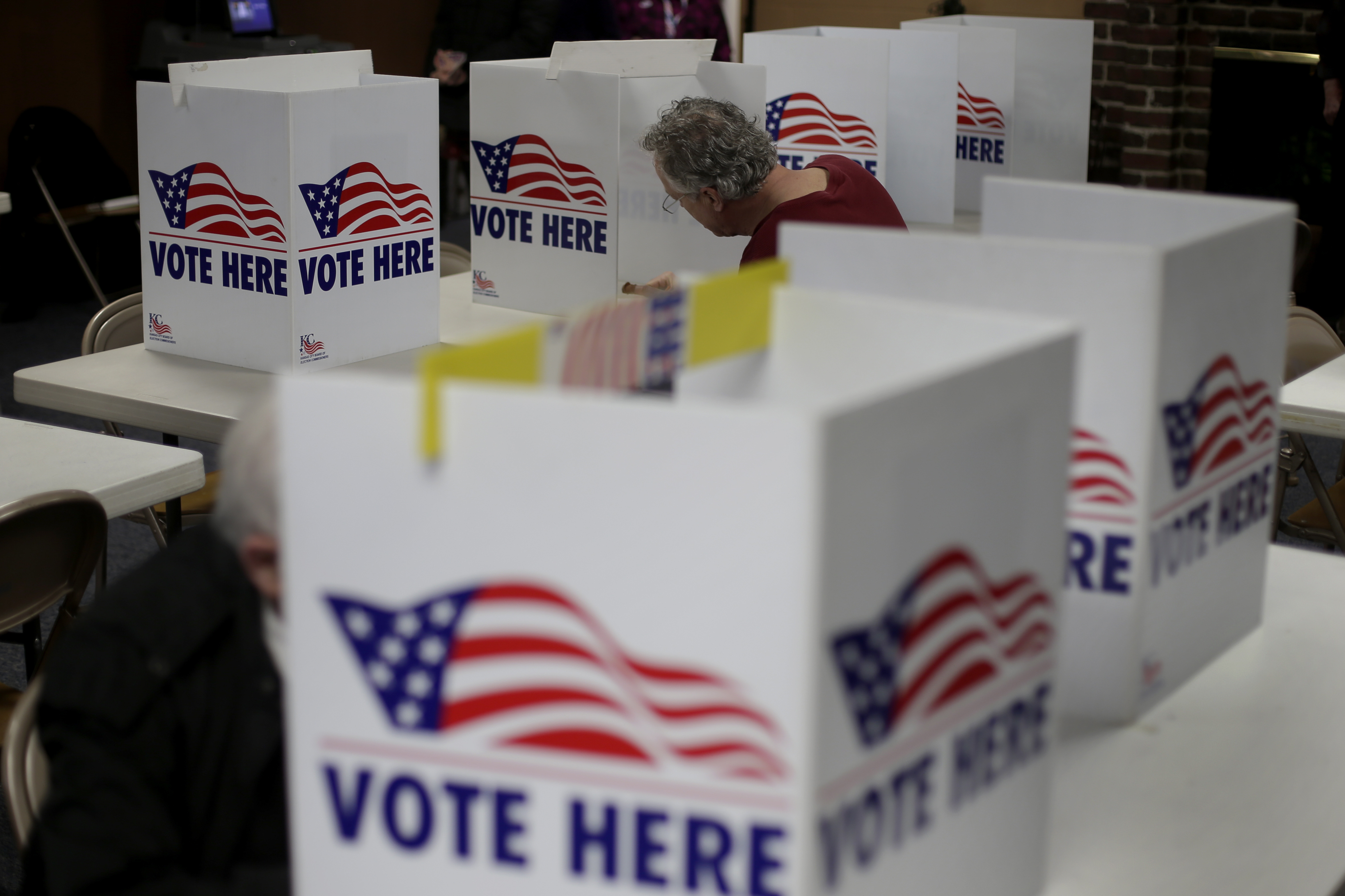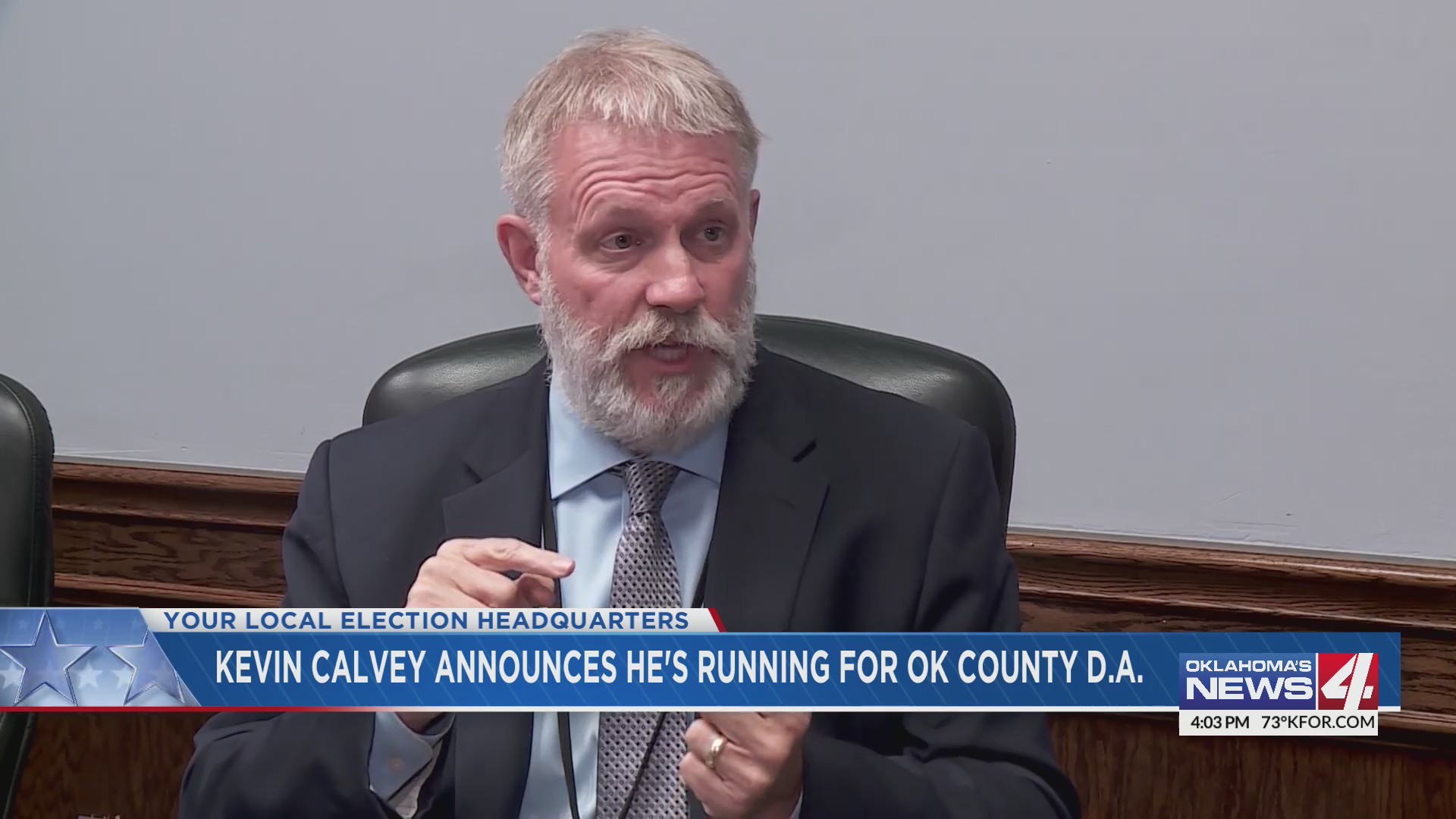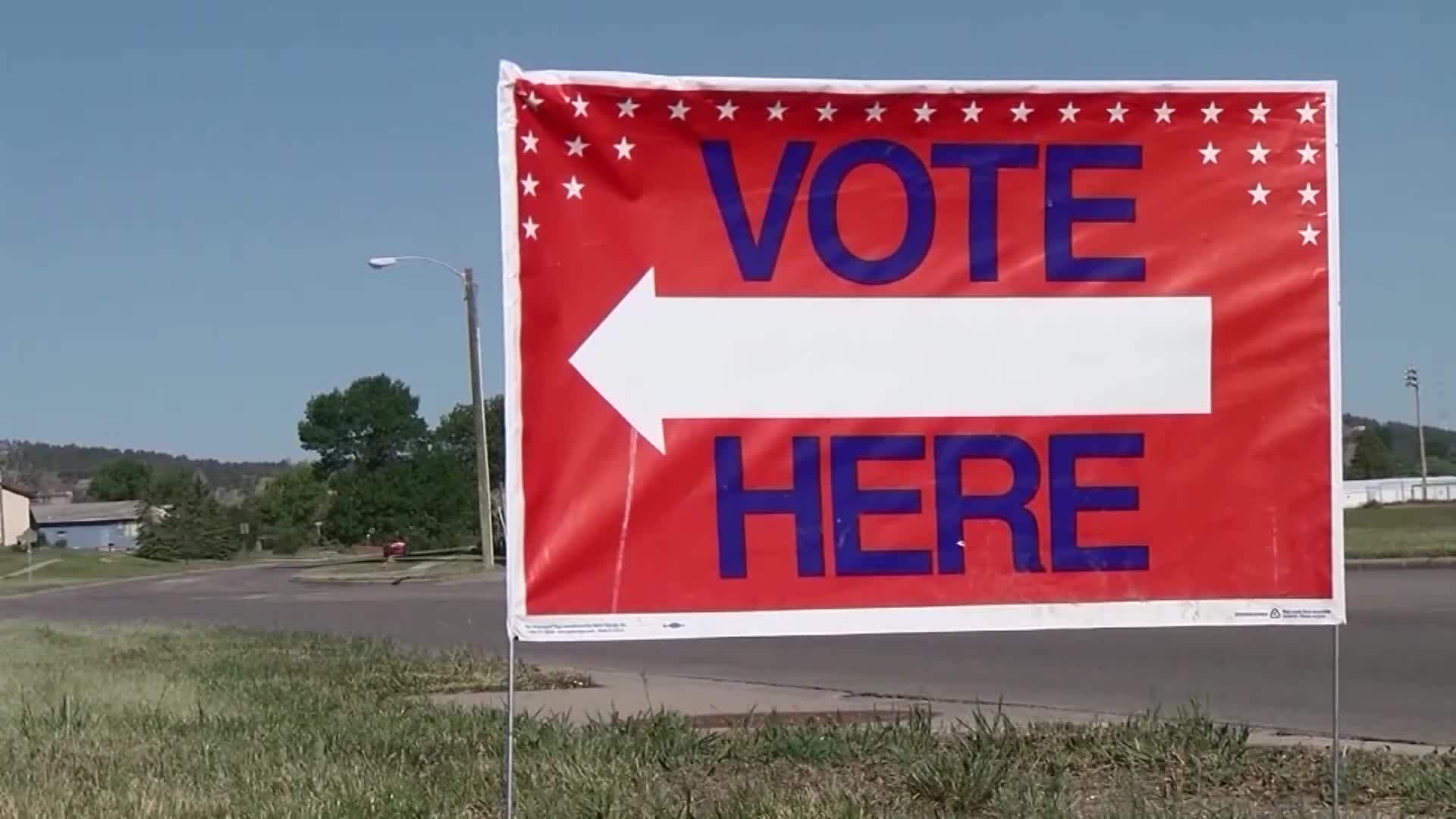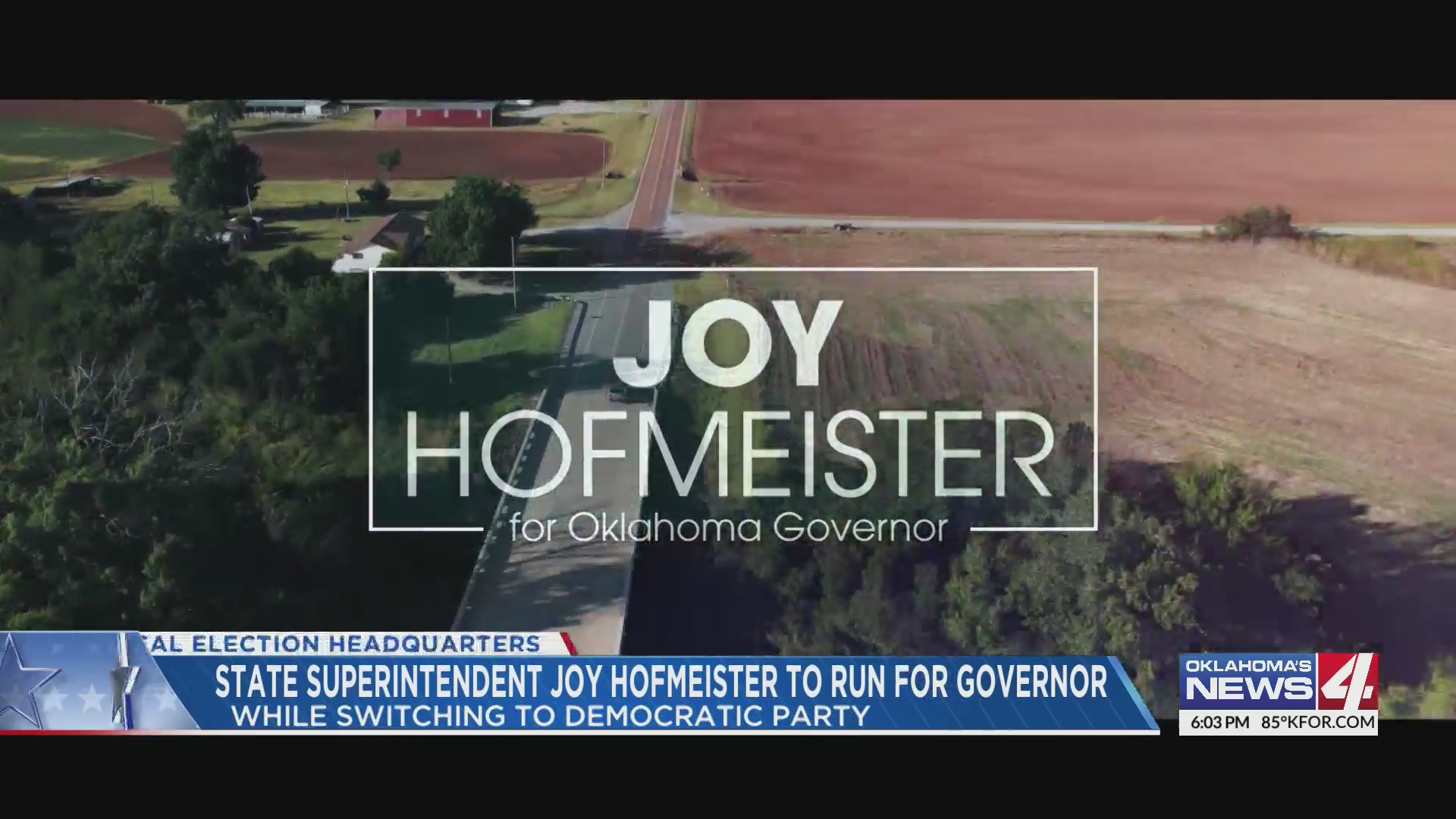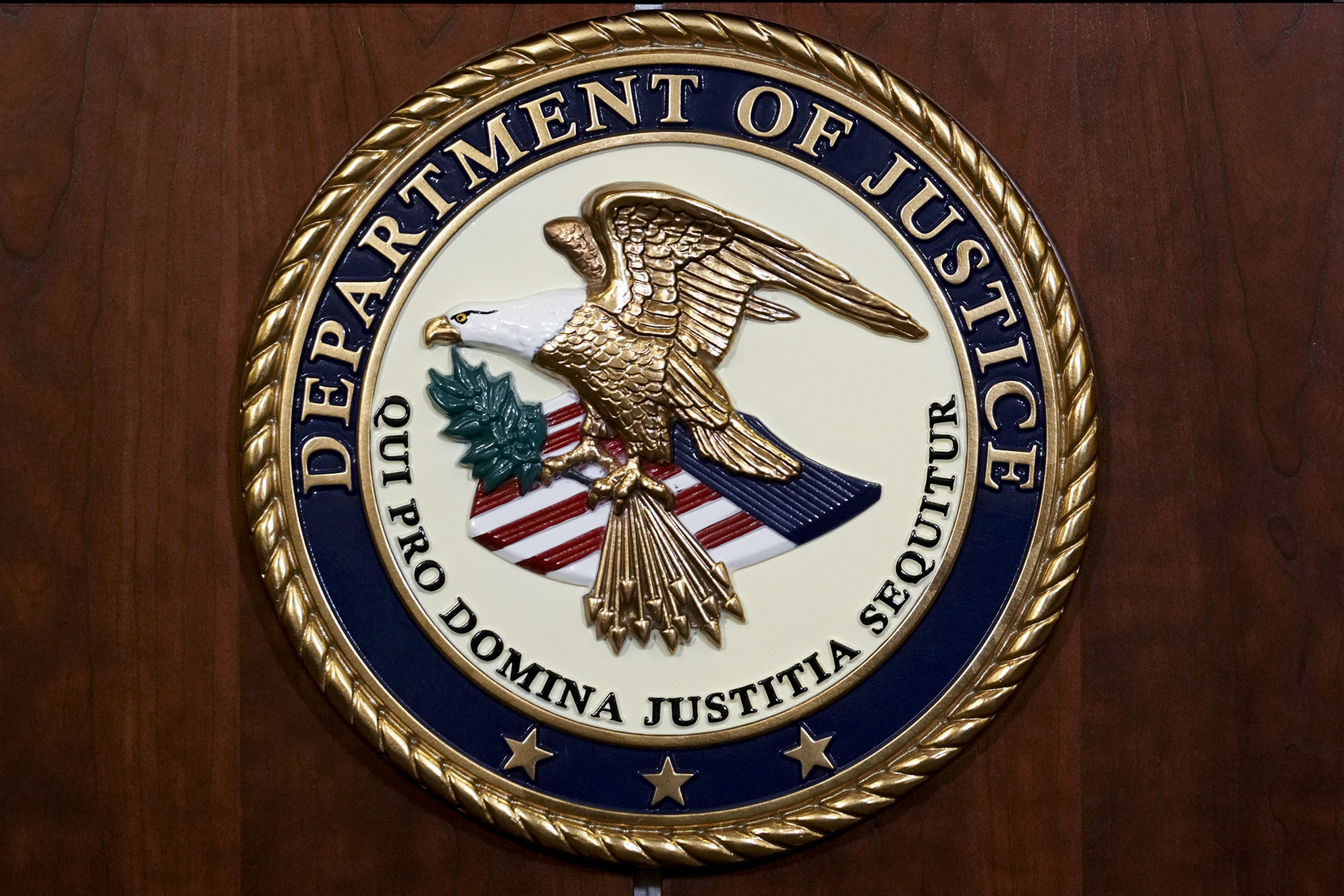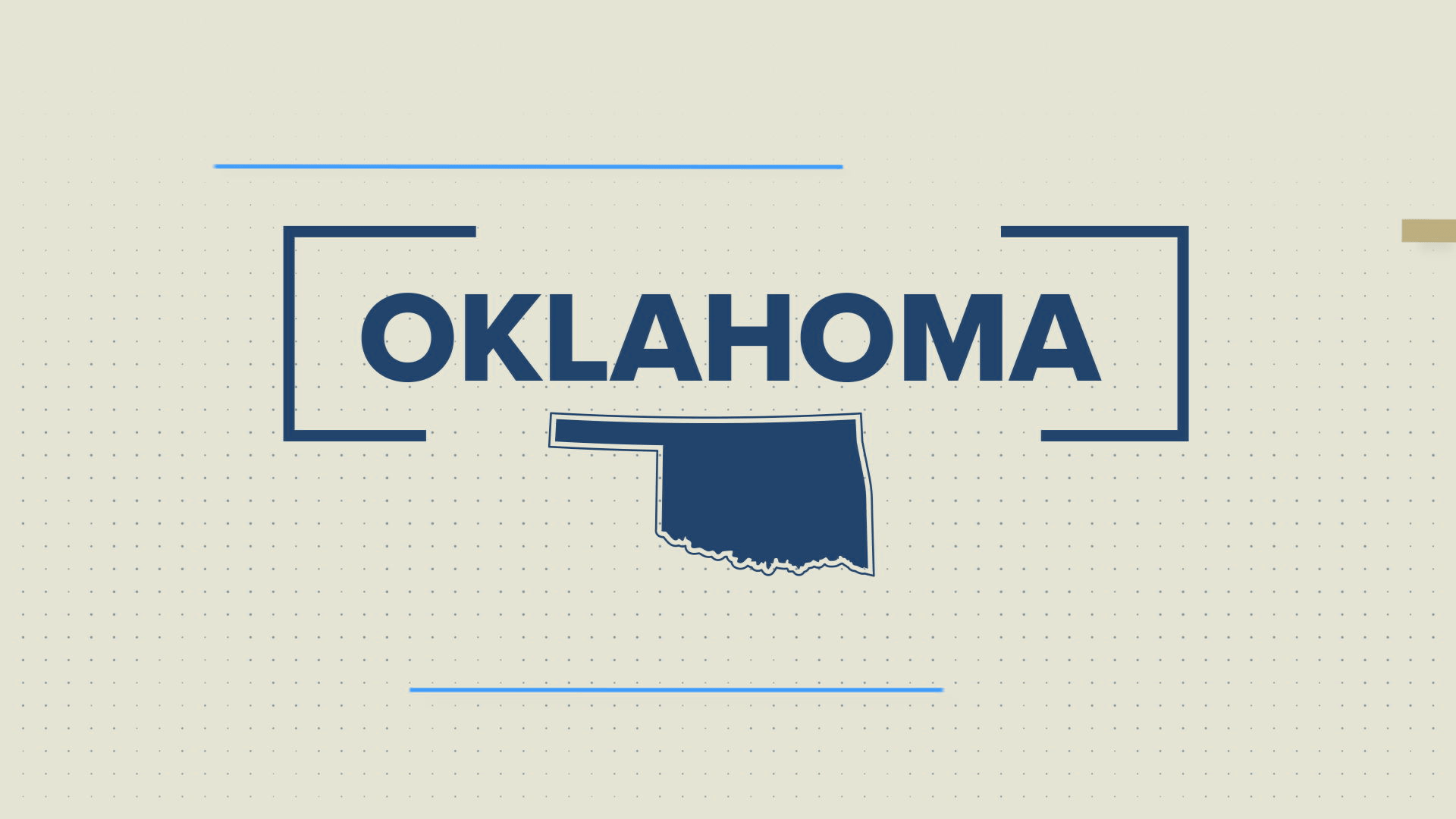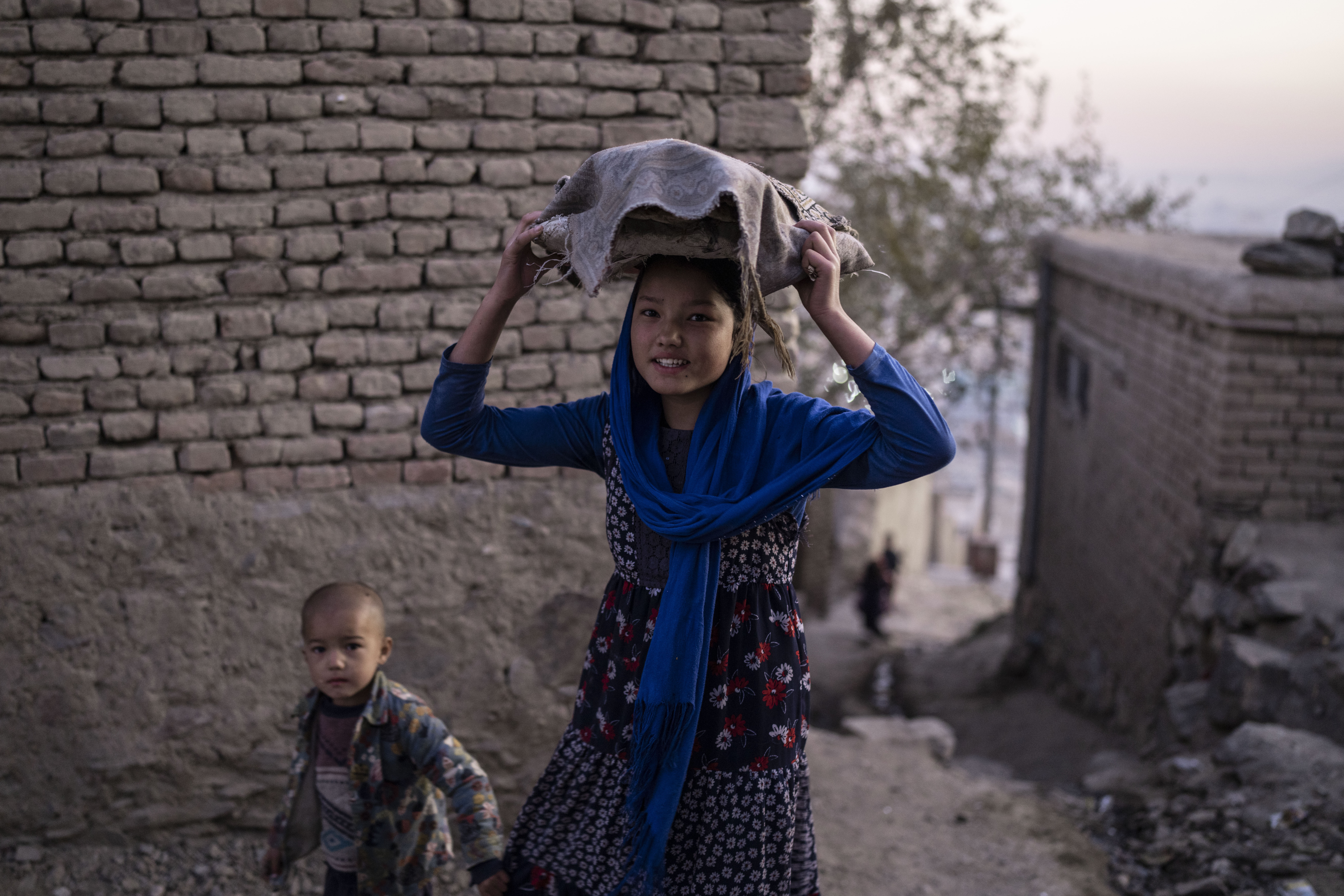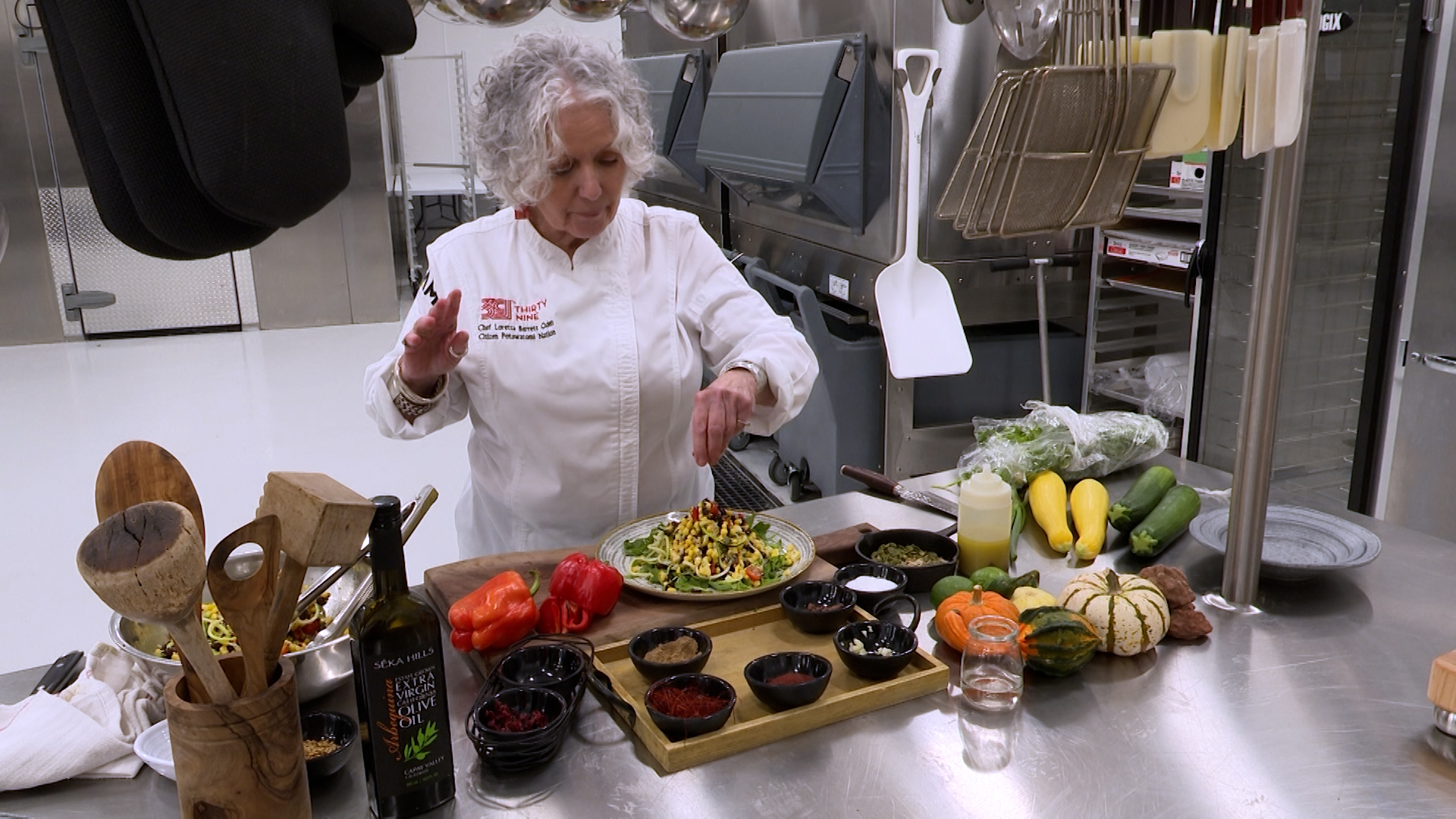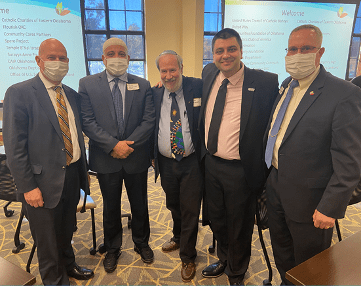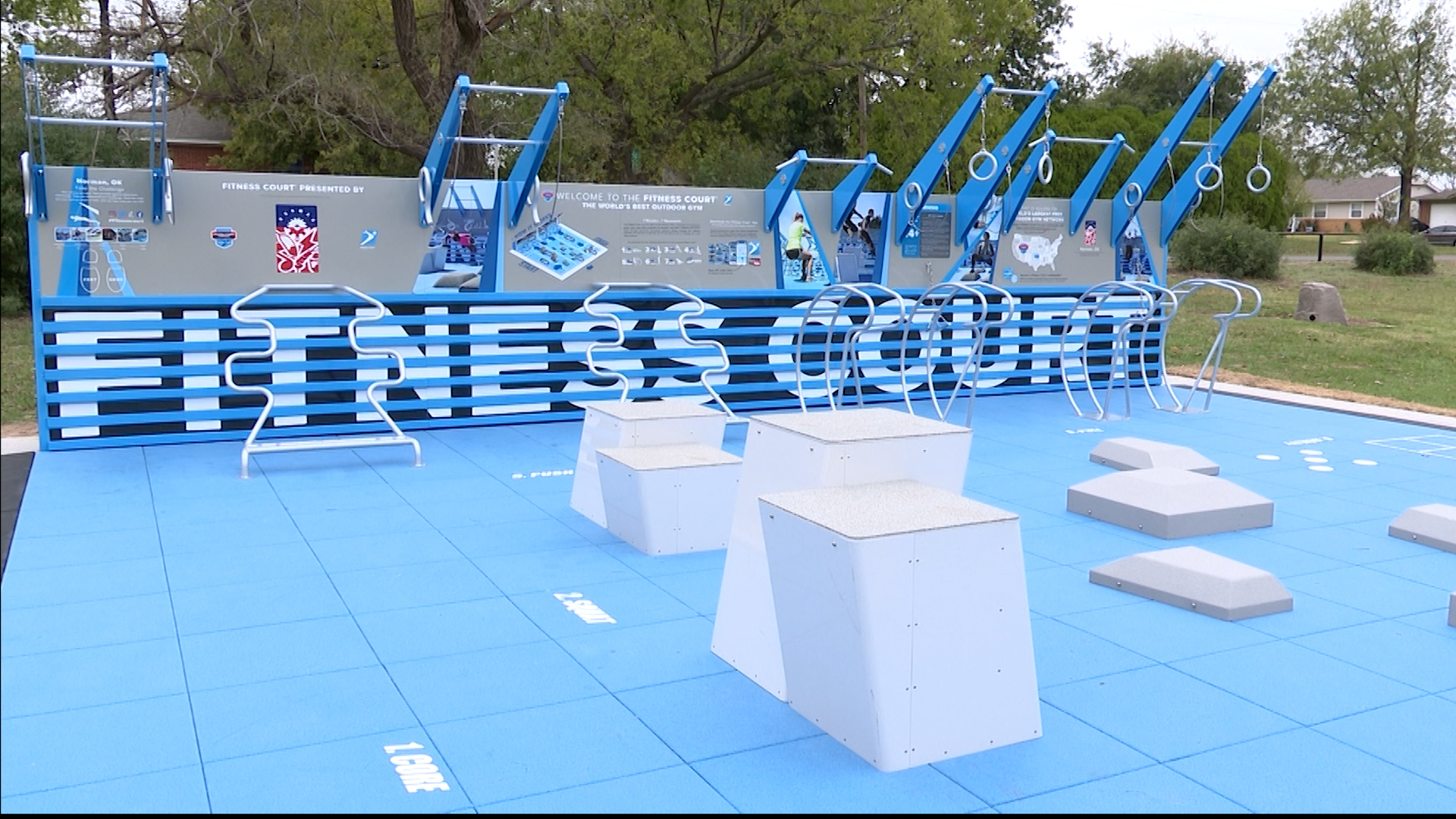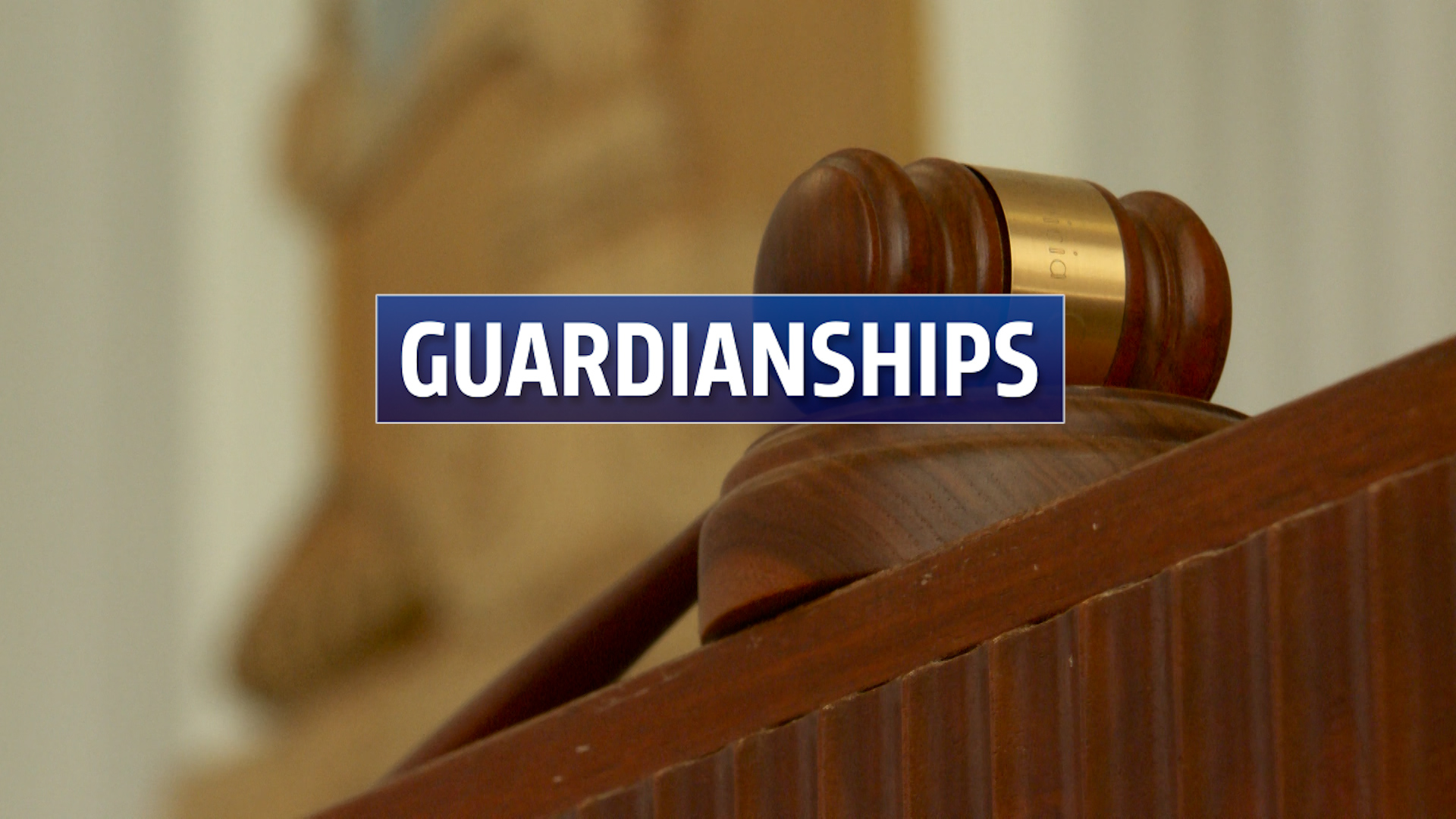OKLAHOMA CITY (KFOR) – The Cherokee Nation responded directly to Gov. Kevin Stitt Wednesday after the governor criticized the U.S. Supreme Court’s McGirt decision on social media, calling it a “public safety threat” and asking Oklahomans to share how they were affected by the ruling.
“The Supreme Court’s McGirt decision created a public safety threat for tribal and non-tribal members,” Stitt said on Twitter Wednesday morning. “As governor, it’s my first priority to ensure the safety of 4-million Oklahomans.”
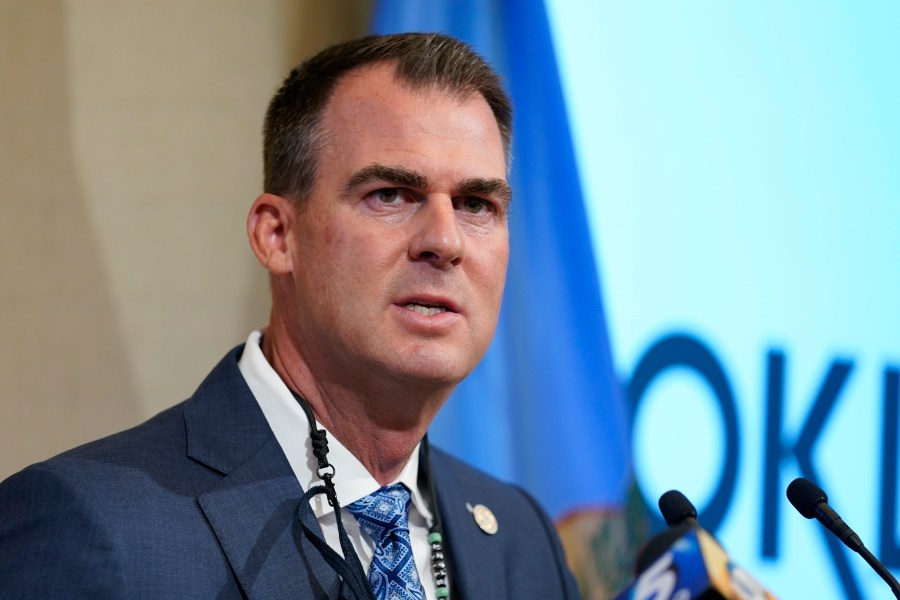
Stitt then asked people who’ve been impacted by the McGirt ruling to share their story with him on a form linked on the governor’s website, www.governor.ok.gov.
The Cherokee Nation responded directly to him on Twitter Wednesday afternoon with the following statement:
“The Cherokee Nation carefully prepared for the Supreme Court’s decision, and is hard at work to ensure public safety and justice can continue now that the court acknowledged the state illegally exerted prosecutorial authority involving Natives on our lands for decades
We have refiled over 530 dismissed cases in Cherokee Nation District Court & are working daily to help victims & families. We remain committed to being good partners in Oklahoma, and hope the governor will join tribes & his fellow leaders in the state to do the same.”
CHEROKEE NATION SPOKESPERSON
The actual tweets from both Stitt and the Cherokee Nation are featured at the bottom of this story.
The Supreme Court made the McGirt decision on July 9, 2020.
Jimcy McGirt, the defendant at the center of the Supreme Court case, was convicted in 1997 for raping and sexually abusing a four year old. He was sentenced to two 500-year sentences.
The 1997 conviction ultimately led to the U.S. Supreme Court ruling that Oklahoma prosecutors lack authority to pursue criminal cases against American Indian defendants in parts of Eastern Oklahoma that include most of Tulsa, the state’s second-largest city.
The high court decided that the Muscogee (Creek) reservation was never disestablished. The ruling’s impact on Oklahoma’s criminal justice system has been enormous.
“For anybody that has an Indian card, a CDIB card, a certified degree of Indian blood,” Native American law attorney Robert Gifford previously said to KFOR. “If they are within the Creek Nation, the state of Oklahoma had no jurisdiction over them.”
The ruling led to several convictions being undone, including murder convictions.
The conviction of Charles Michael Cooper, a Chickasaw Nation member, was tossed out on April 8.
Cooper was found guilty of murdering 55-year-old Cindy Allen, a disabled Pontotoc County resident who was found strangled inside her burning home in Byng, Okla., in 2016. Allen’s home was located on land within the historic reservation of the Chickasaw Nation.
Cooper was sentenced to life in prison without parole.
Five other murder convictions were thrown out because of the McGirt decision a week before Cooper’s sentence was discarded.
Though the Supreme Court threw out McGirt’s conviction, his case was retried in federal court and a jury found him guilty in November of two counts of aggravated sexual abuse in Indian Country and one count of abusive sexual contact in Indian Country.
Each count that McGirt was found guilty on is punishable by not less than 30 years and not more than life imprisonment, a fine up to $250,000 or both.
KFOR is proud to be part of The Oklahoma Media Center, launched by Local Media Foundation with financial support from Inasmuch Foundation and the Walton Family Foundation, which is a collaborative of multiple Oklahoma newsrooms/outlets that includes print, broadcast and digital platforms. The OMC’s latest project focuses on the McGirt SCOTUS ruling. This story is part of that effort called Promised Land

